In one of my day jobs, I am a college art gallery director. As a director, I have to hire students to guard the artwork so the gallery can be open. One of the first things I say to them in the interview is:
“We have hours of business posted on the window. Consequently the gallery must be open during those hours. Whether hundreds of people come in or no one comes in we must be open when we say we are.”
That’s a good solid business policy here in the U.S. It is expected here.
However, if one were to take that attitude to Andalusia, one would end up a very grumpy traveler, indeed. After all, one does not wish to be the angry American with steam boiling out his ears bellowing: “Why can’t I find a #@!$% pastrami sandwich anywhere in this %$#@! country!!!!”
Now, I know one reason you travel is to experience new foods and new ways of being in the world and you would never behave like that. But to make your time in southern Spain more delightful, perhaps you would accept a few words of advice:
First, watch how others behave and then mimic them. For example, those women there in the dress shop: do they politely form a queue at the register? Or, is everyone out for herself, squeezing through to be the next person helped? Do not be alarmed or offended by this behavior — just do as the Spaniards do. It can be exhilarating!
In the tienda (shop) do the vendor and the customer greet each other and have a brief chat before business is taken care of? Or, does the vender ignore the customer until directly confronted.? Also, does the customer just make a purchase and leave with minimal interaction? (hint: It’s probably a good idea to say hello to the vendor.)
Second and most important: be flexible and be prepared.
Do not assume that just because the tienda you’re standing in front of is open right now (while you are not in the mood to shop) that it will be open 30 minutes later when you finally are ready.
Prepare your list before you leave the house, carry it with you, and if the shop is open make your purchase.
These days, siesta is observed with less frequency, even in the south. However, the shop owner just might decide a siesta is needed on the day you need some strawberries at 3 pm. So, shop from 9 am until 2 pm; or 4 pm to 7 pm — just in case.
Though more and more markets and department stores remain open on Saturday and Sunday, most small independent fruterias (produce shops) and carnicerias (butcher shops) will close at 2 pm on Saturday, and not reopen until Monday morning.
Insider Information
There are things that everyone living in Andalusia just knows, and so they are not mentioned.
Spain is a very Catholic country. You may not see many people at Sunday Mass but the holy days and Holy Week are a part of Spain’s cultural heritage. And, as such, they are honored.
Just as in Italy, there are many, many holy days in Spain that result in shops being inconveniently closed the afternoon you need some oregano for that very special dish you are making for dinner.
In the grocery windows, holy days are not necessarily posted in an official looking way. If you see a handwritten note on the window (even if you can’t read what it says) that includes a date (in day, month, year order) you can probably assume the tienda is closed on that date. During Semana Santa you are expected to know that shops will only be open mornings.
Shopping in Andalusia is great fun. There will be times that you will be confounded by the seeming arbitrary closure of businesses. There will be times when you will be unable to find a can of tomatoes for your stew because all the stores are closed. Save the stew for tomorrow or the next day and do as the Spanish do – go out with friends for tapás and a cerveza.

Tapas with Heather and Jonah Bailey, Sevilla, 2005
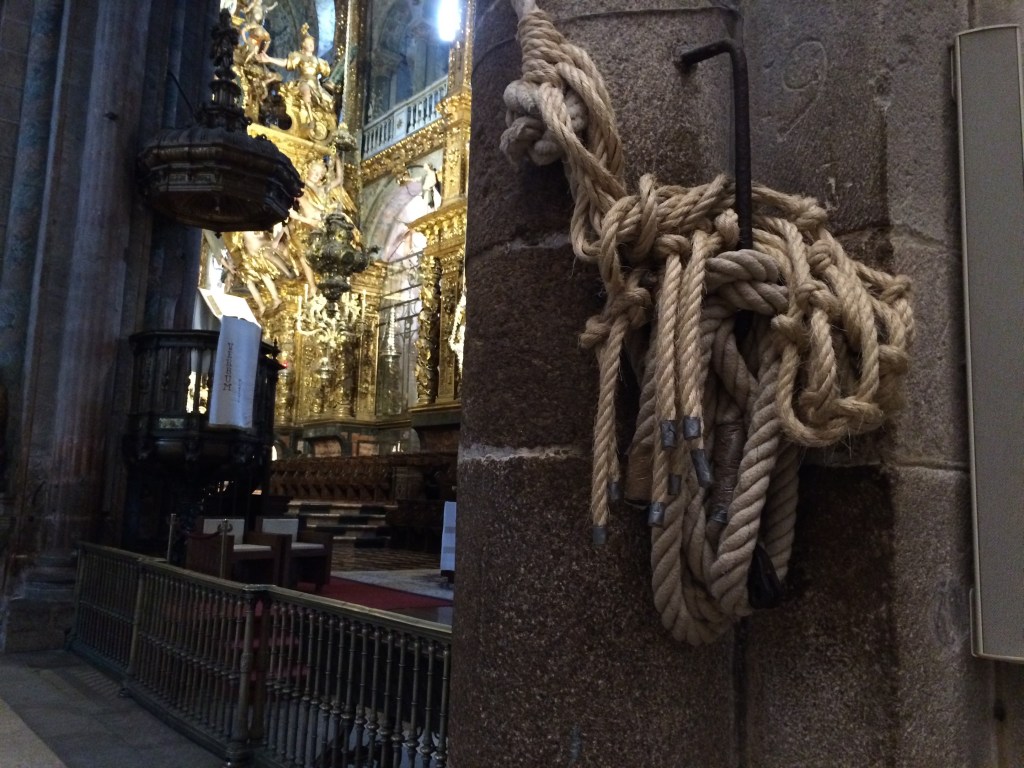
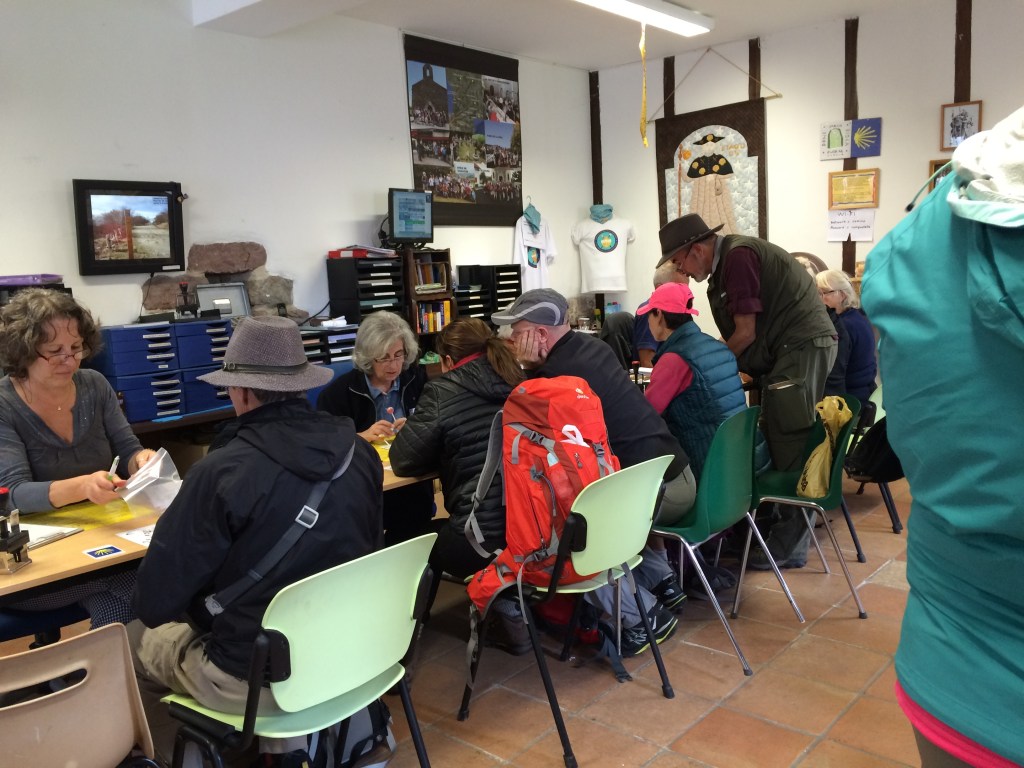
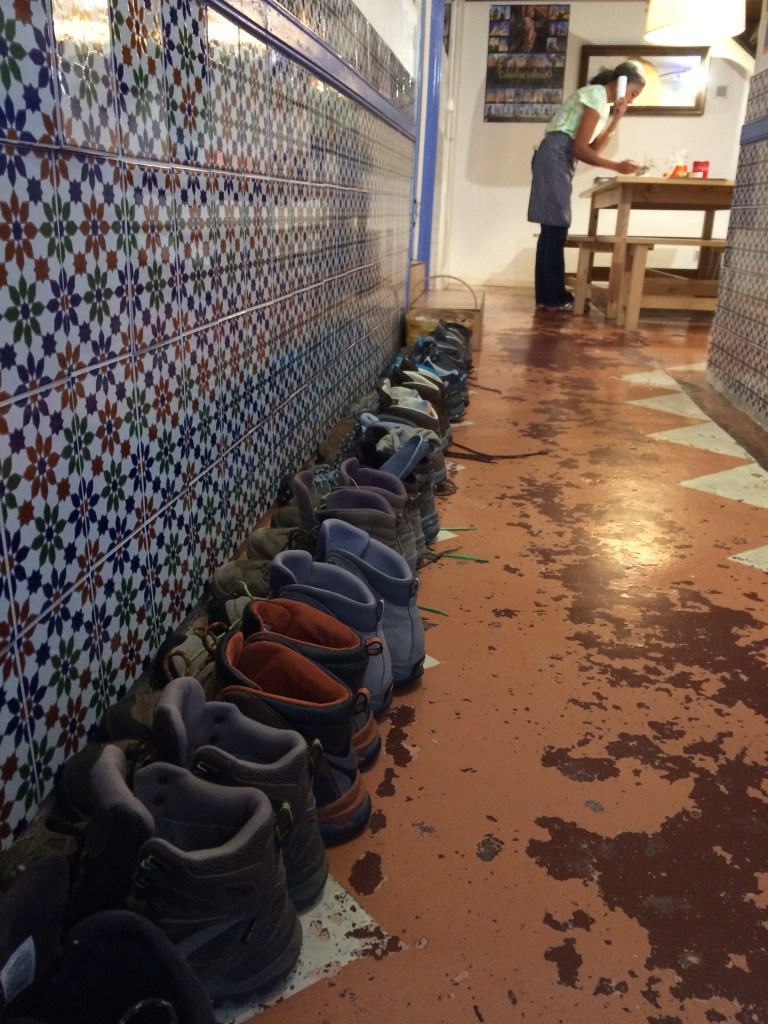

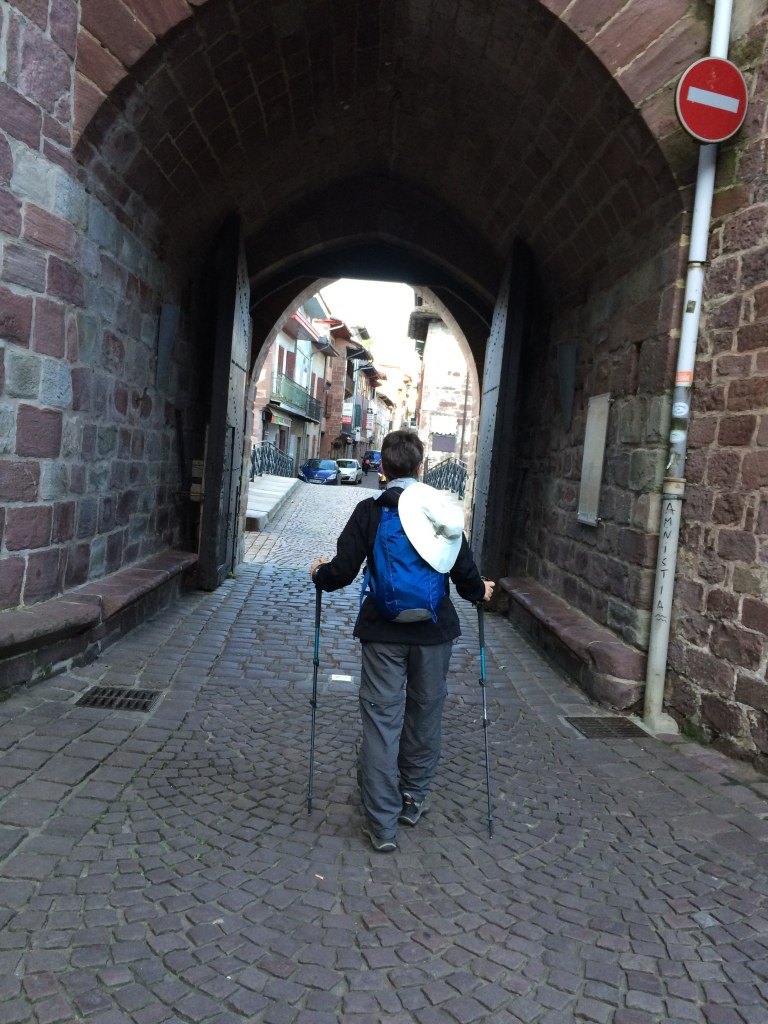







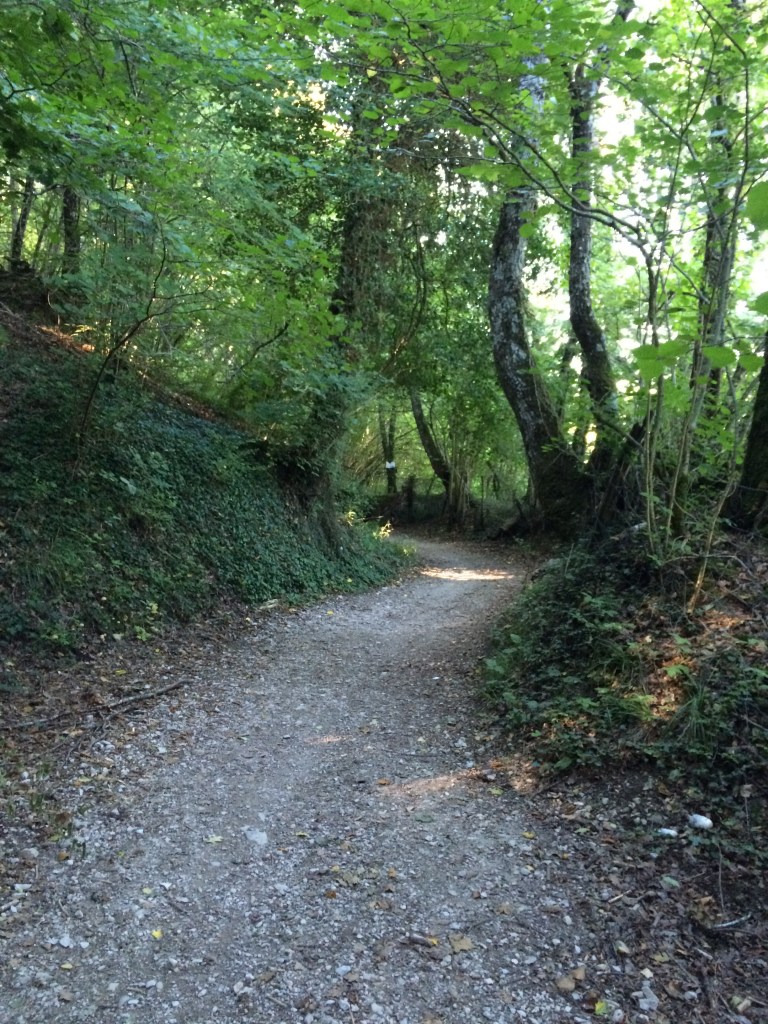


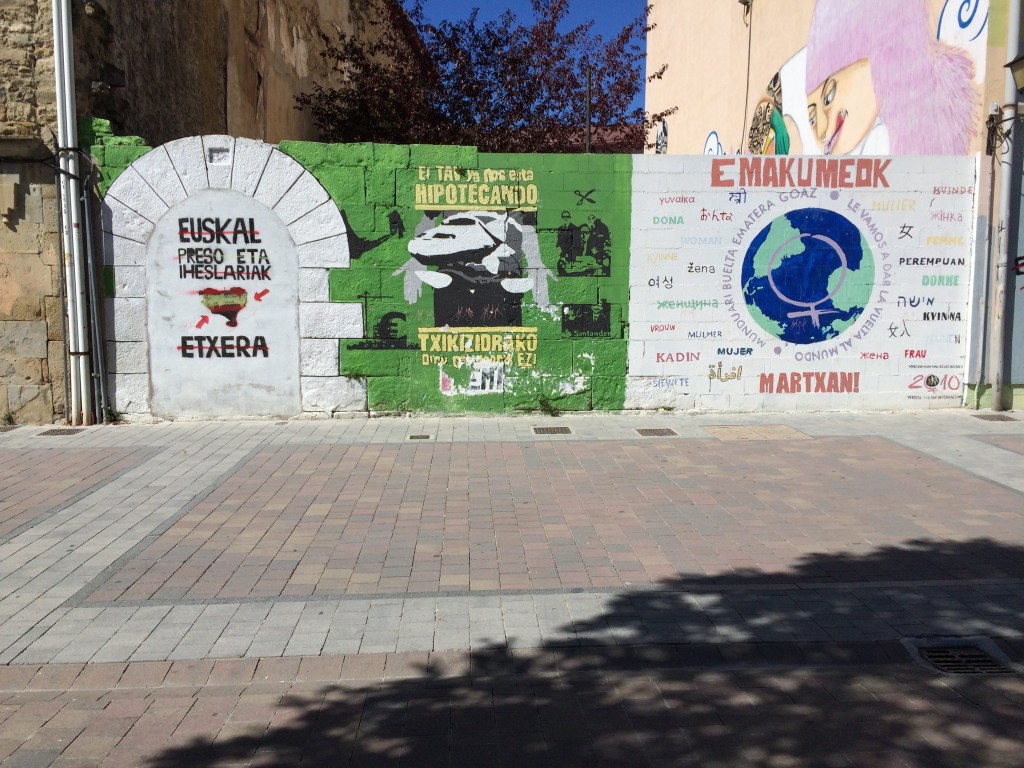
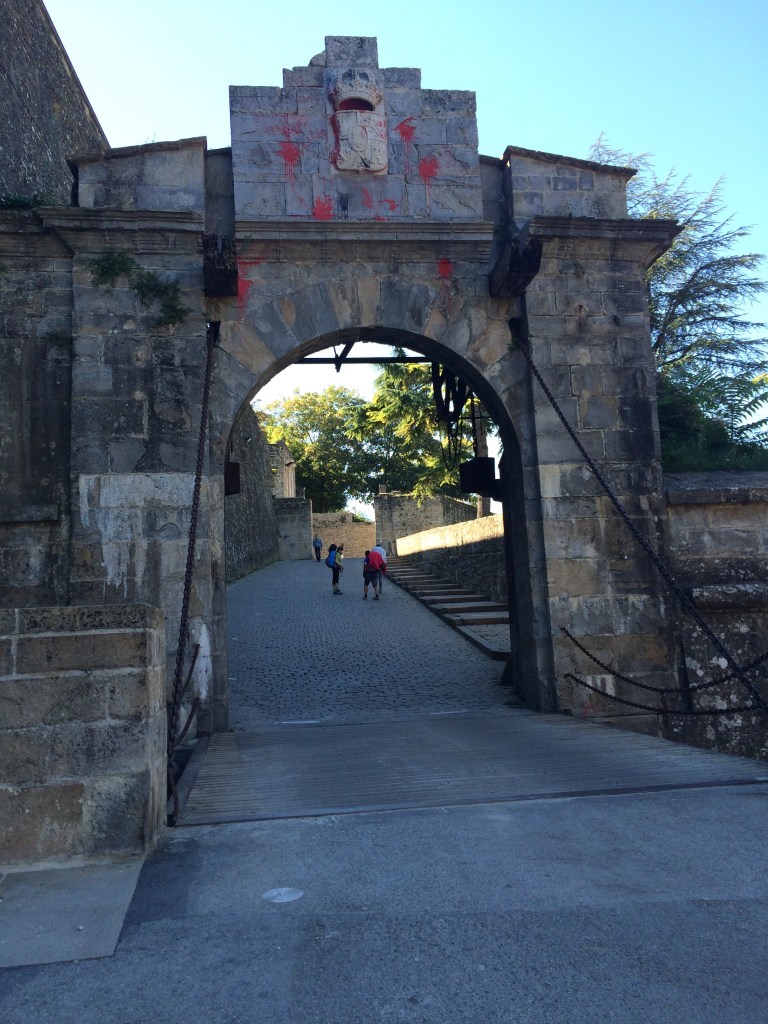




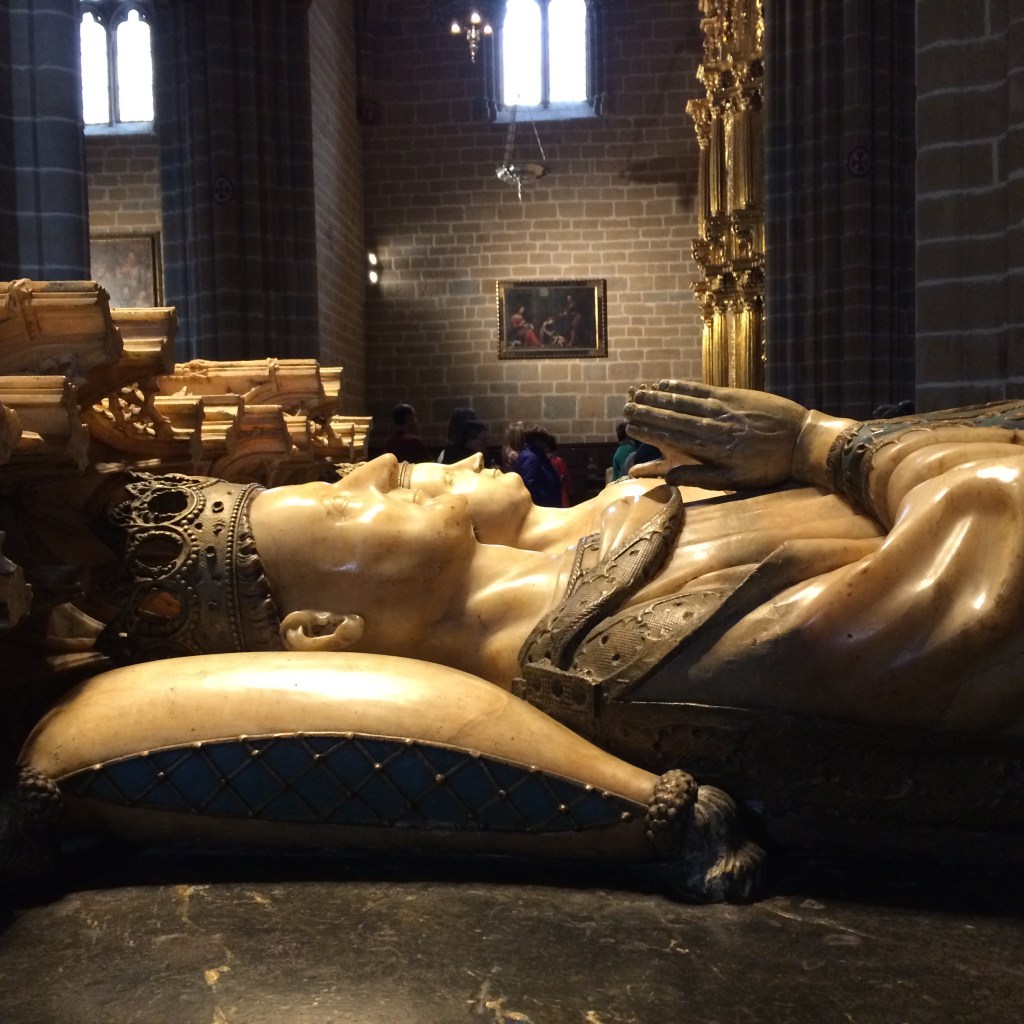

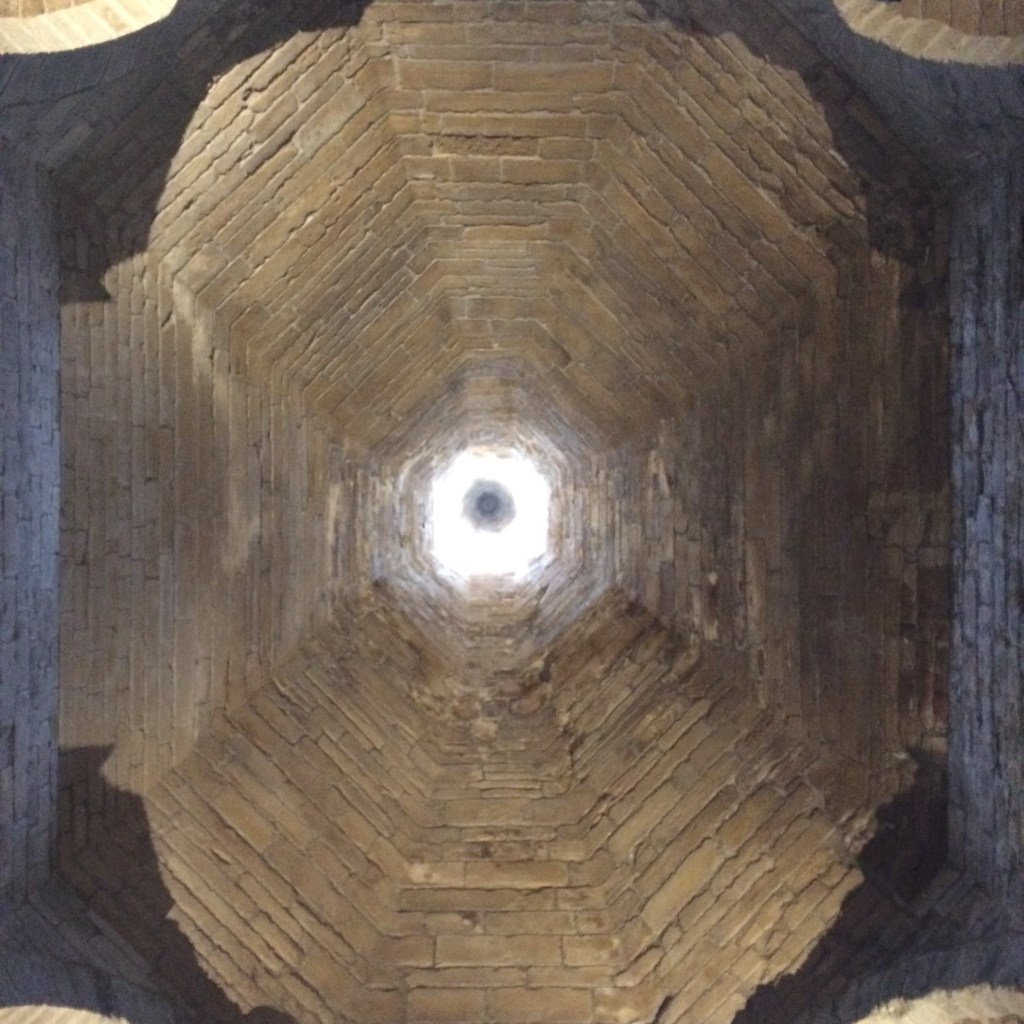




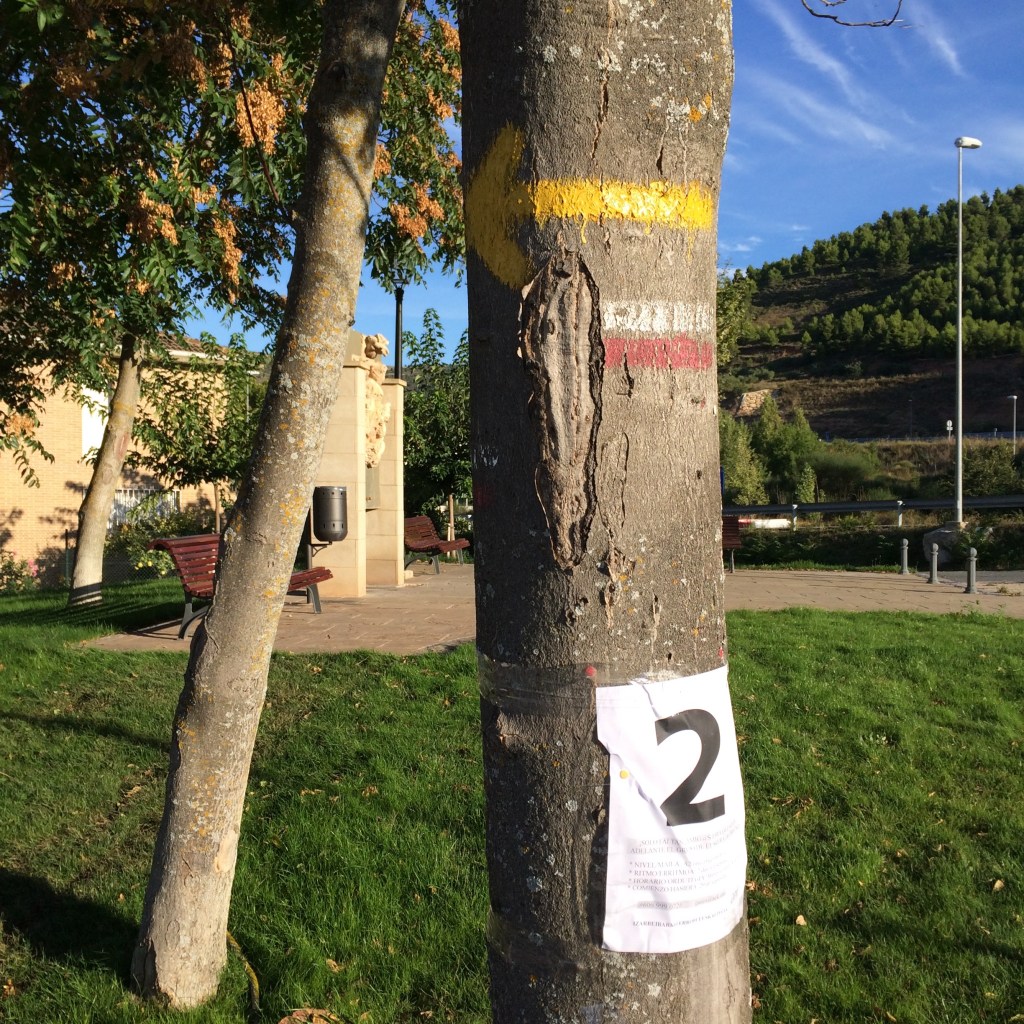


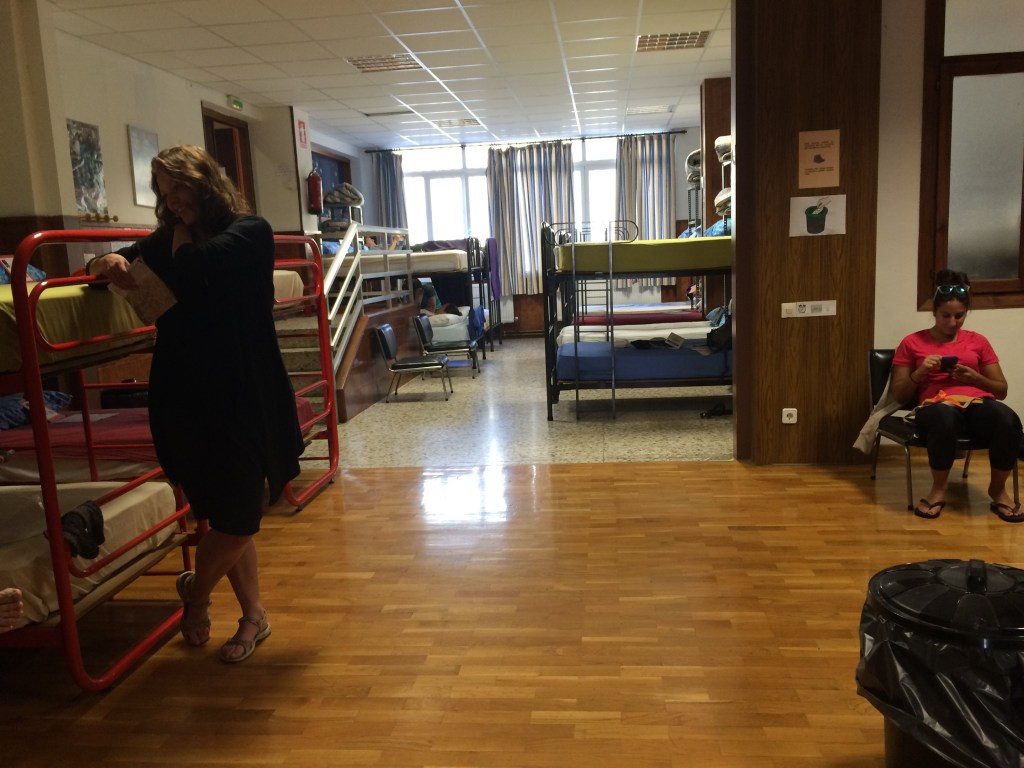






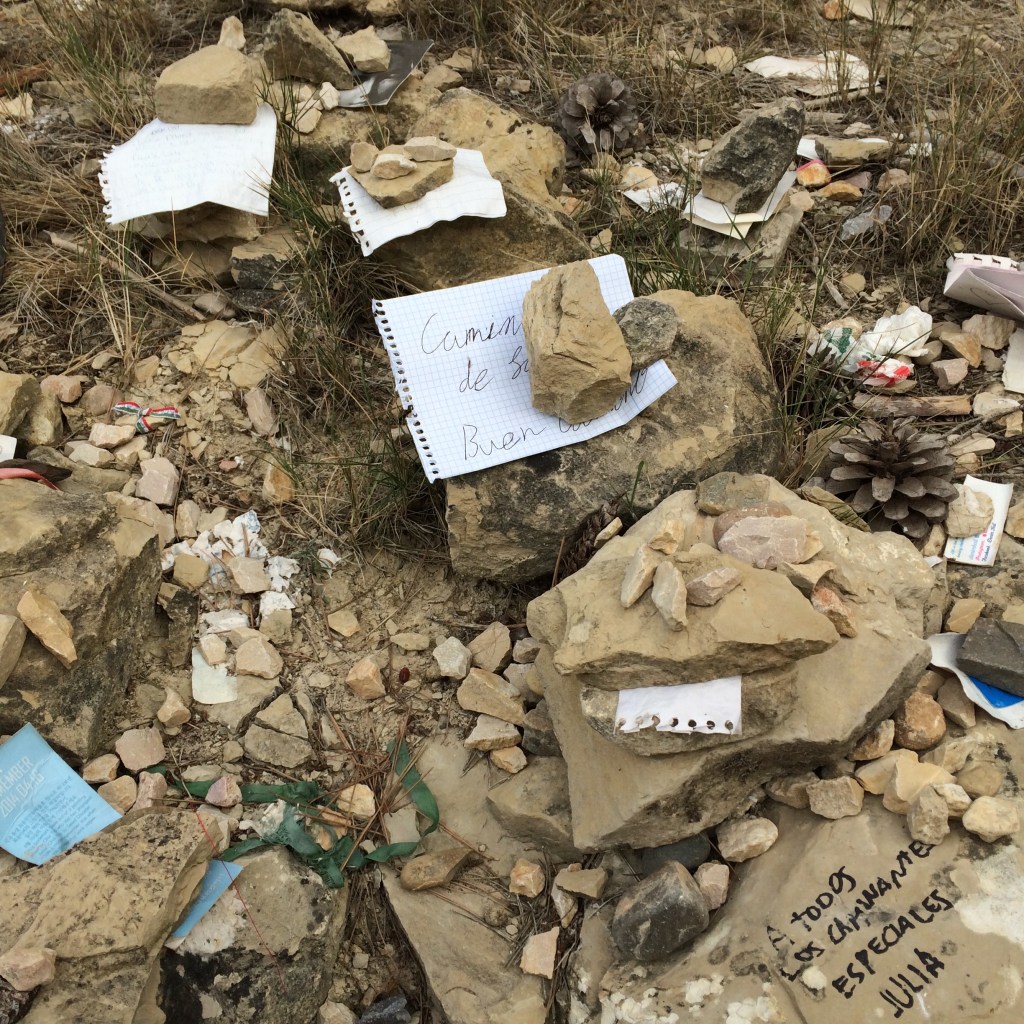
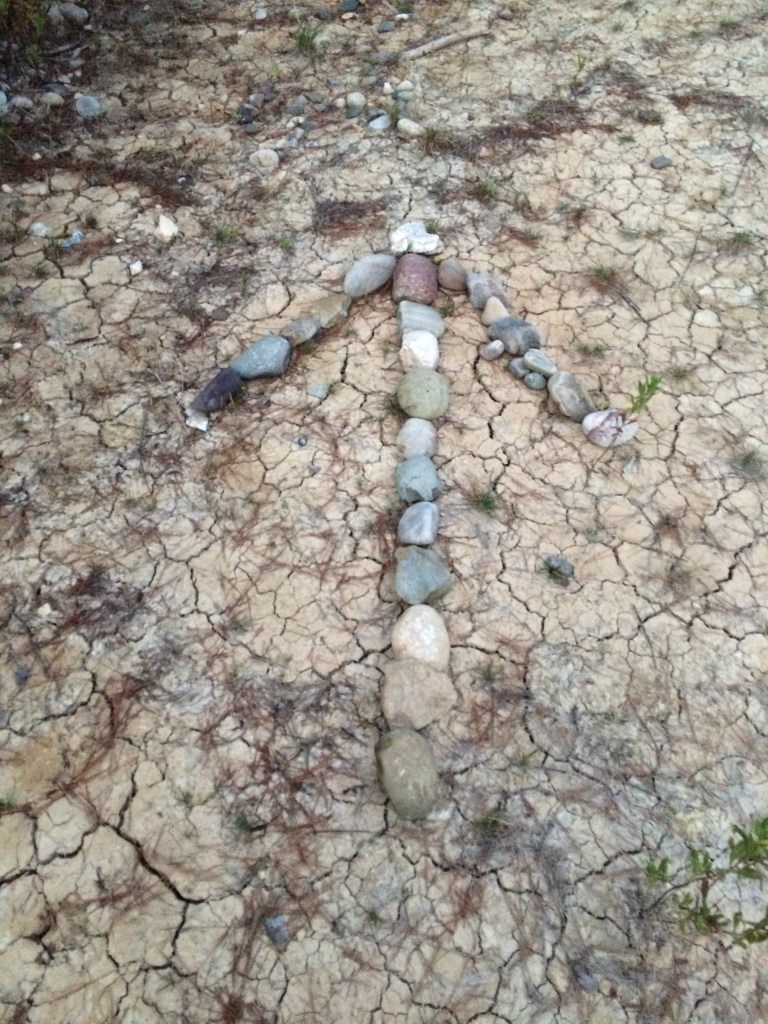
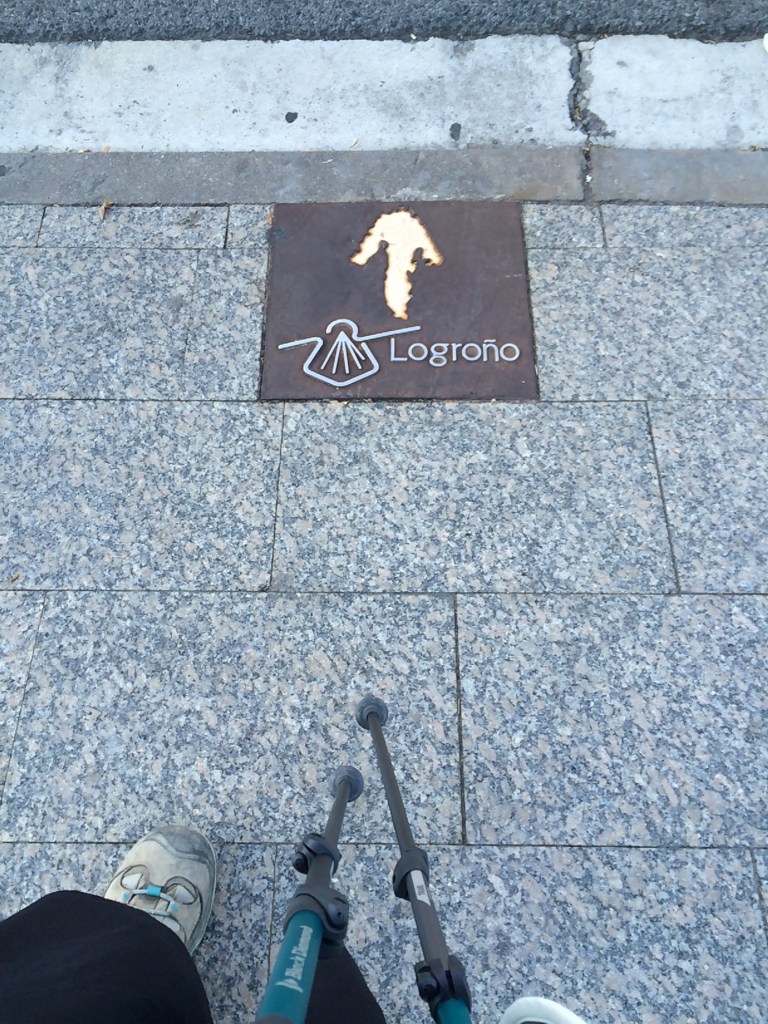

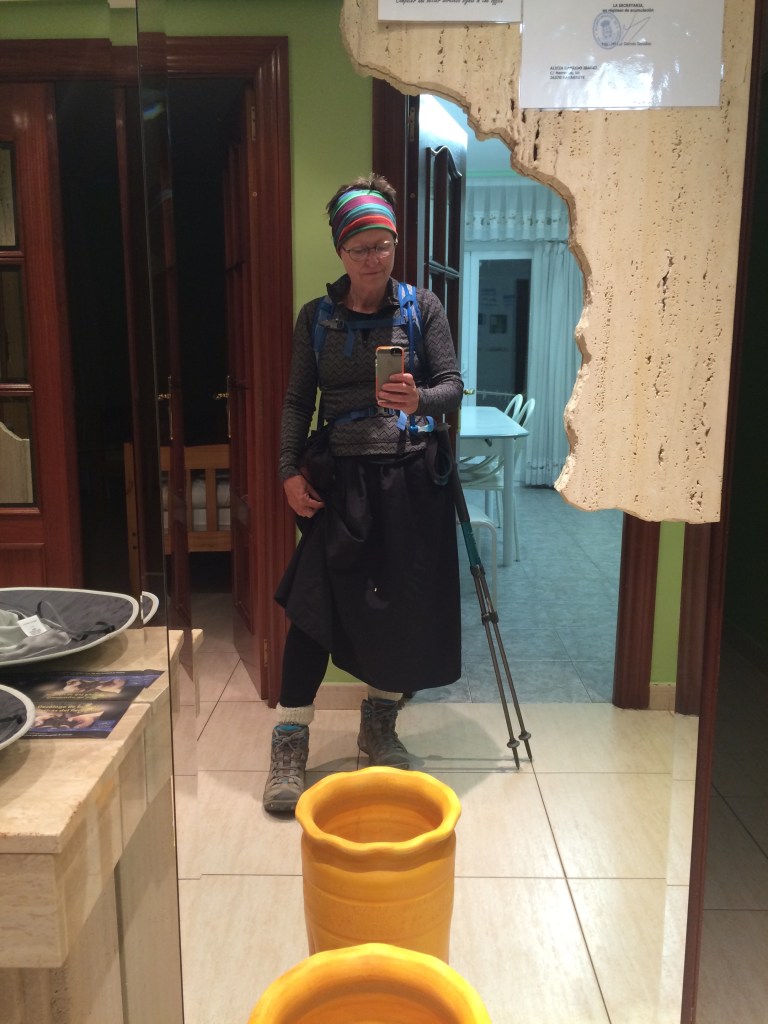



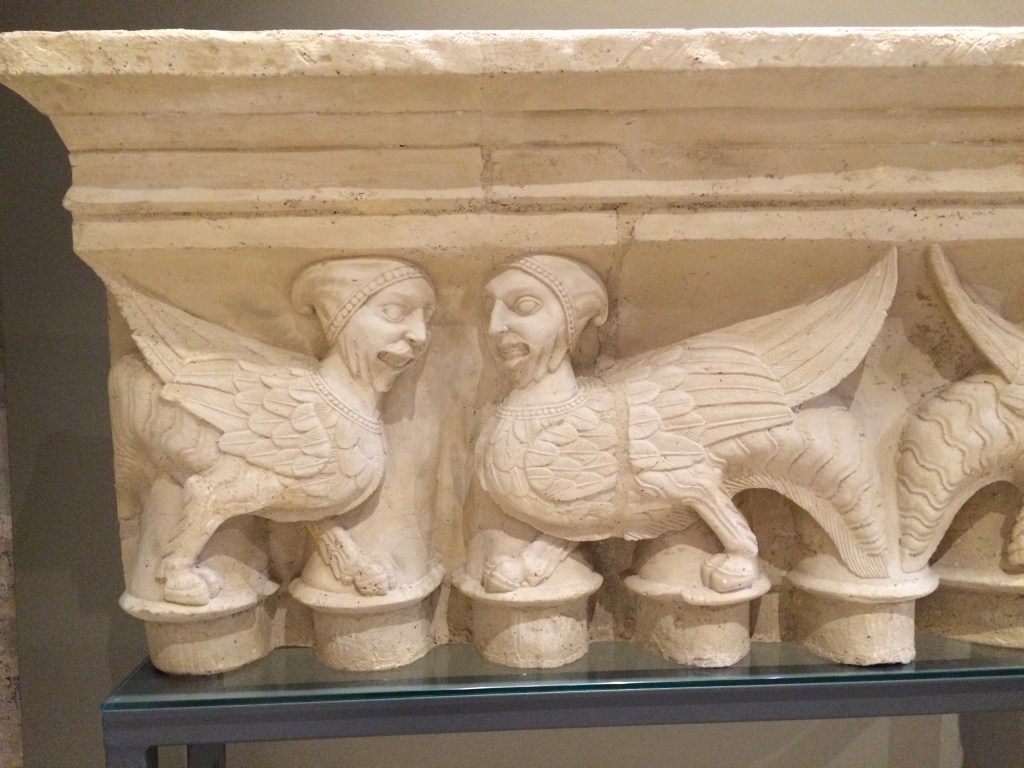
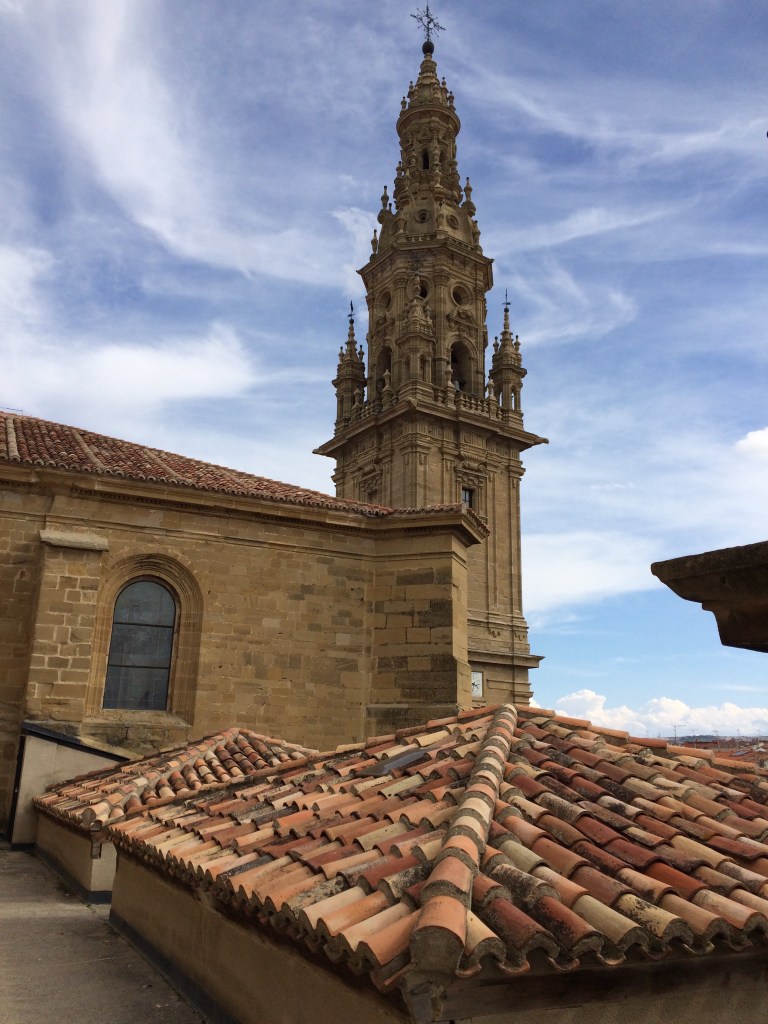

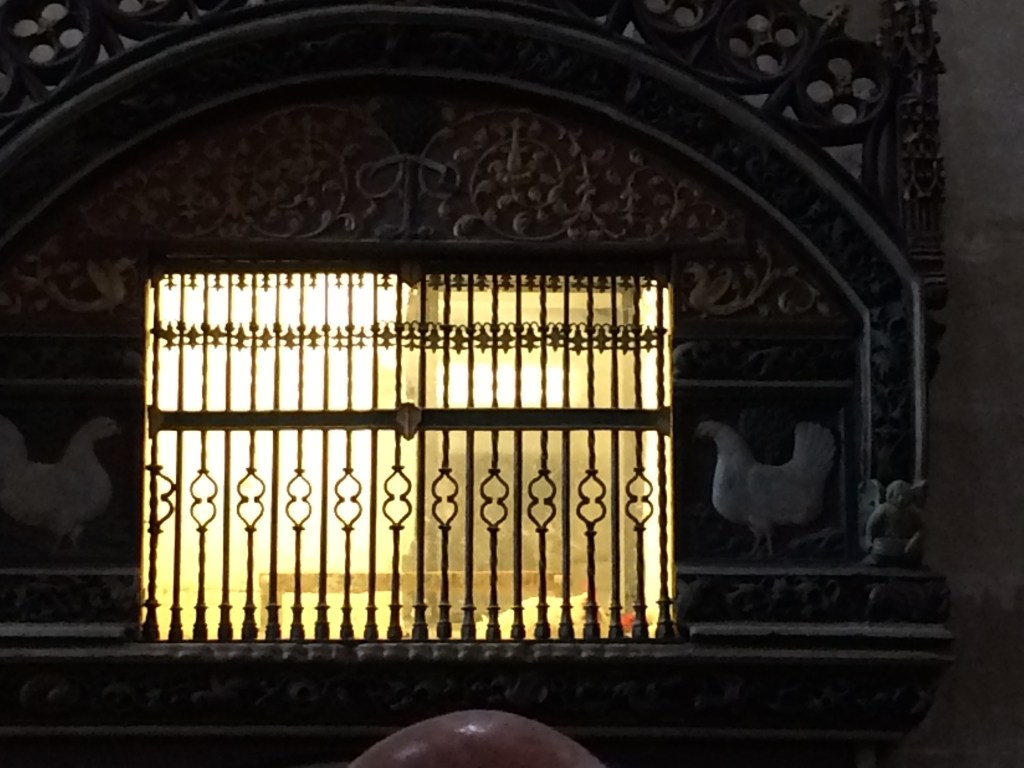

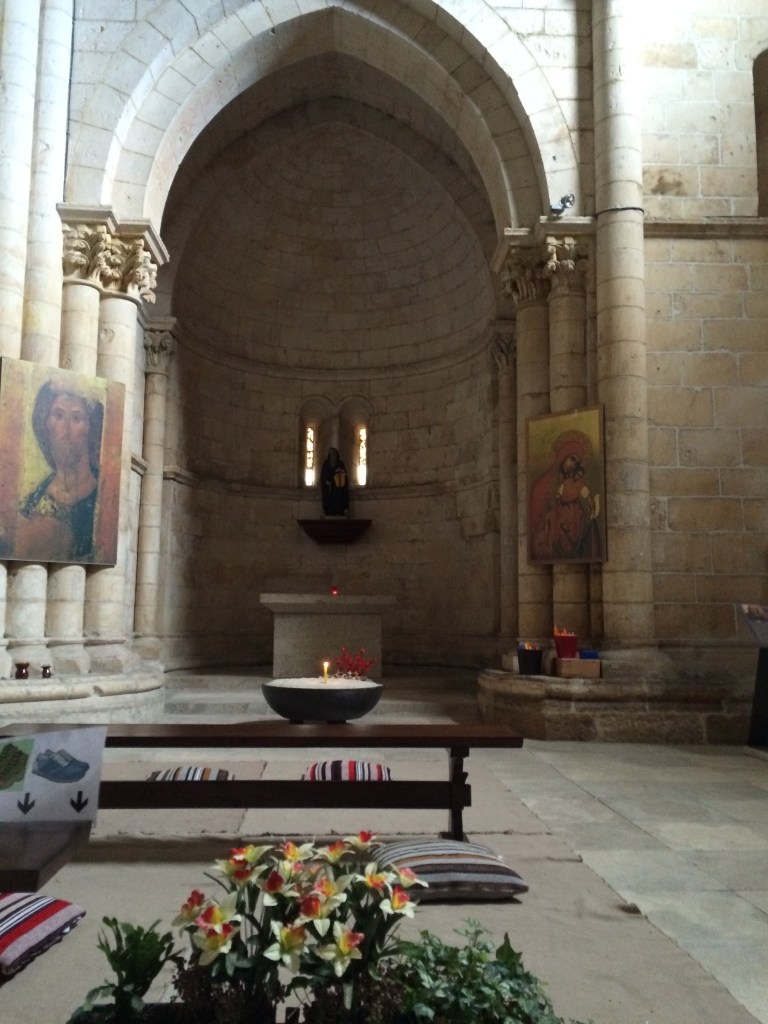
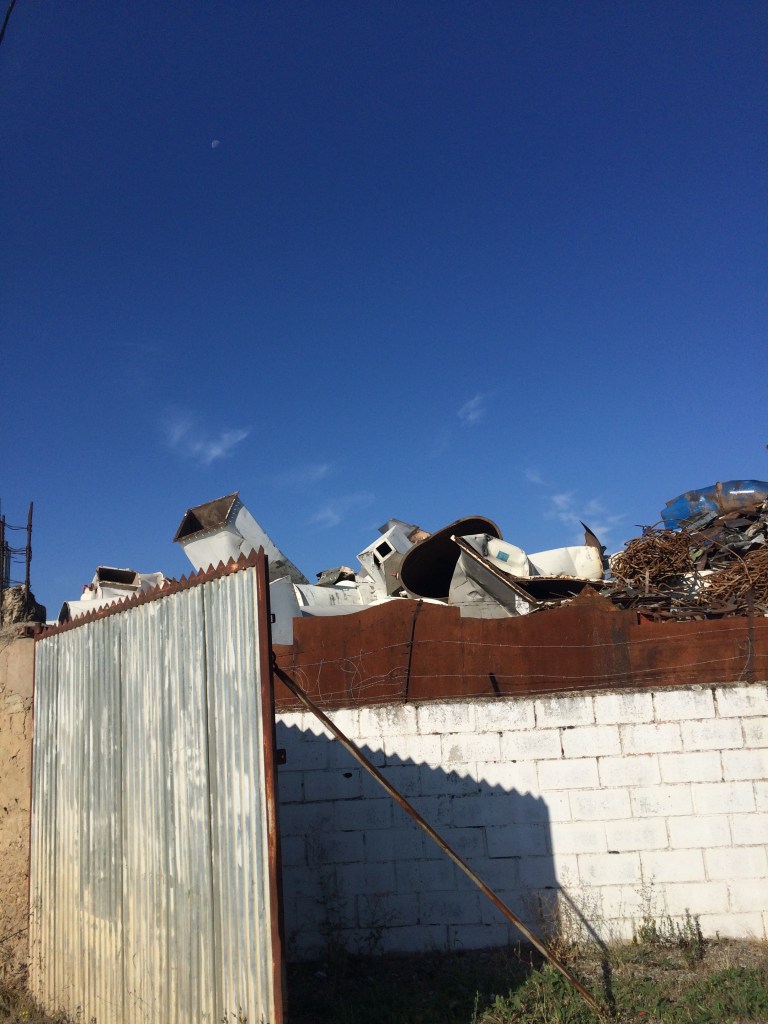

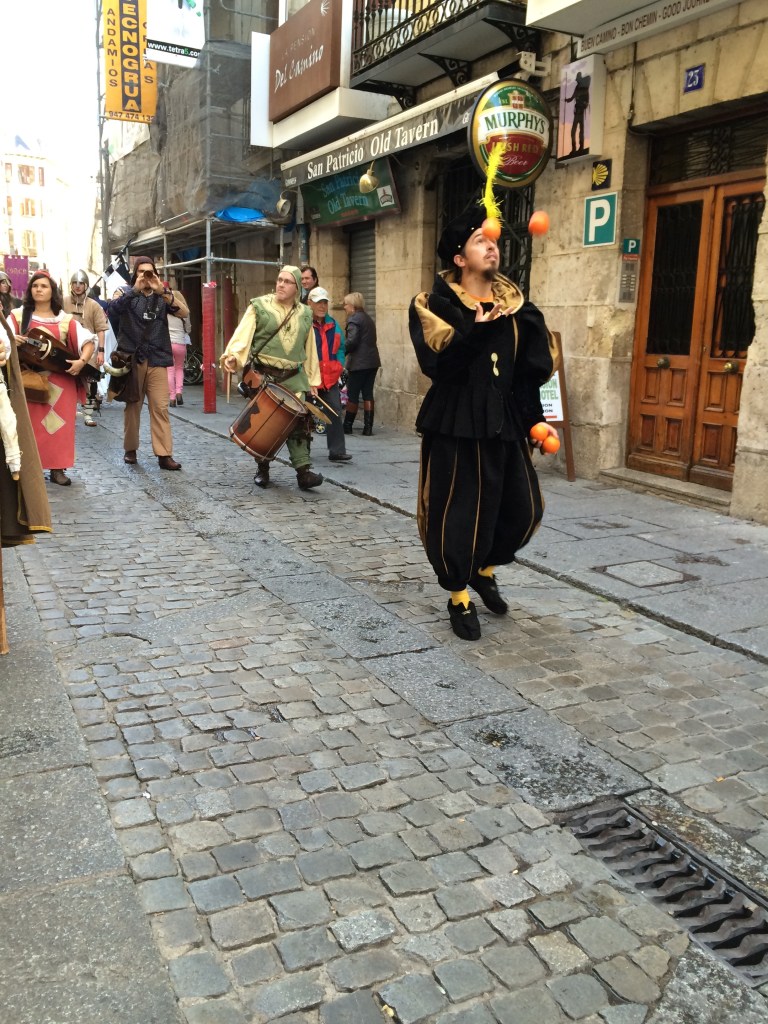

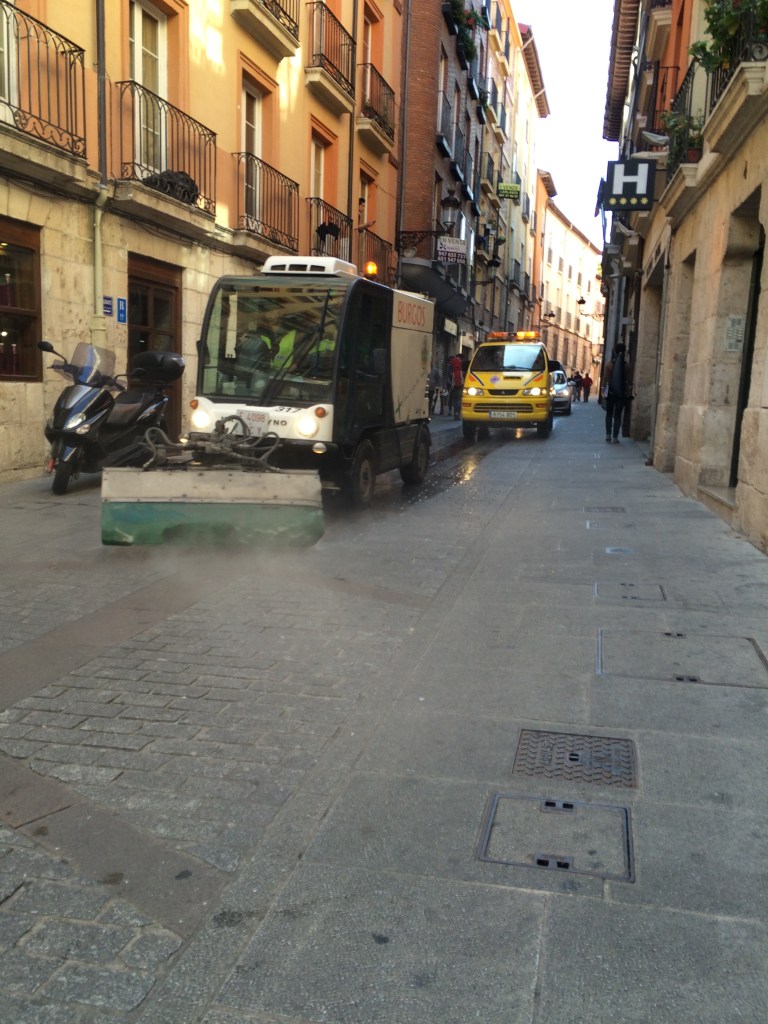


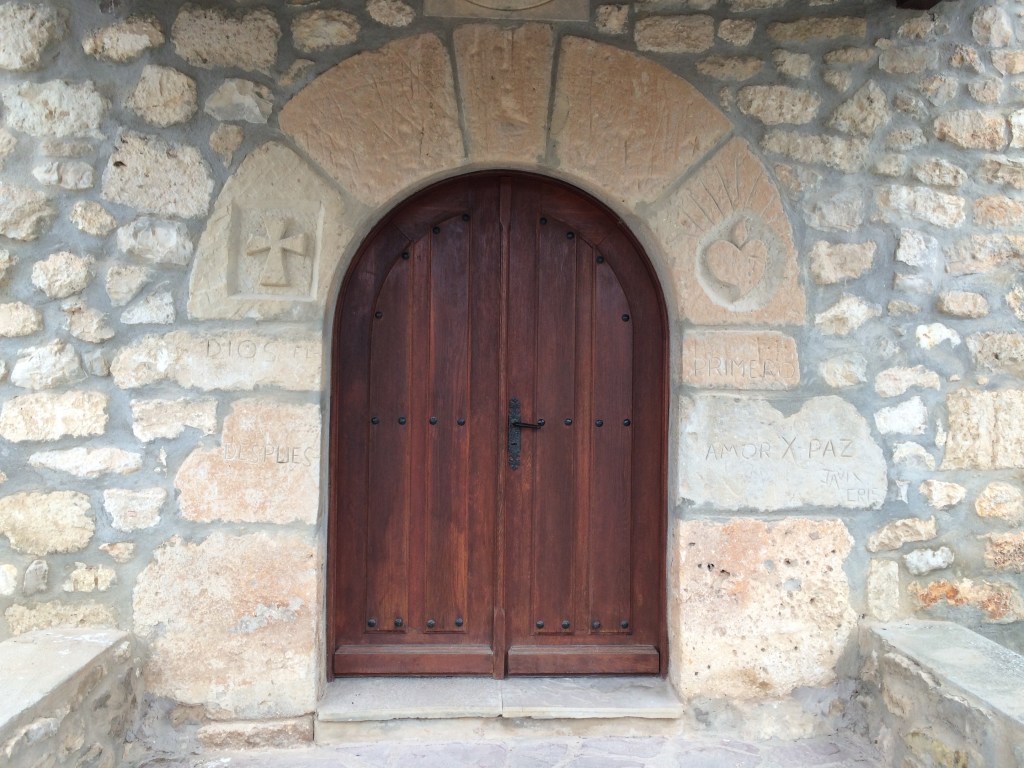

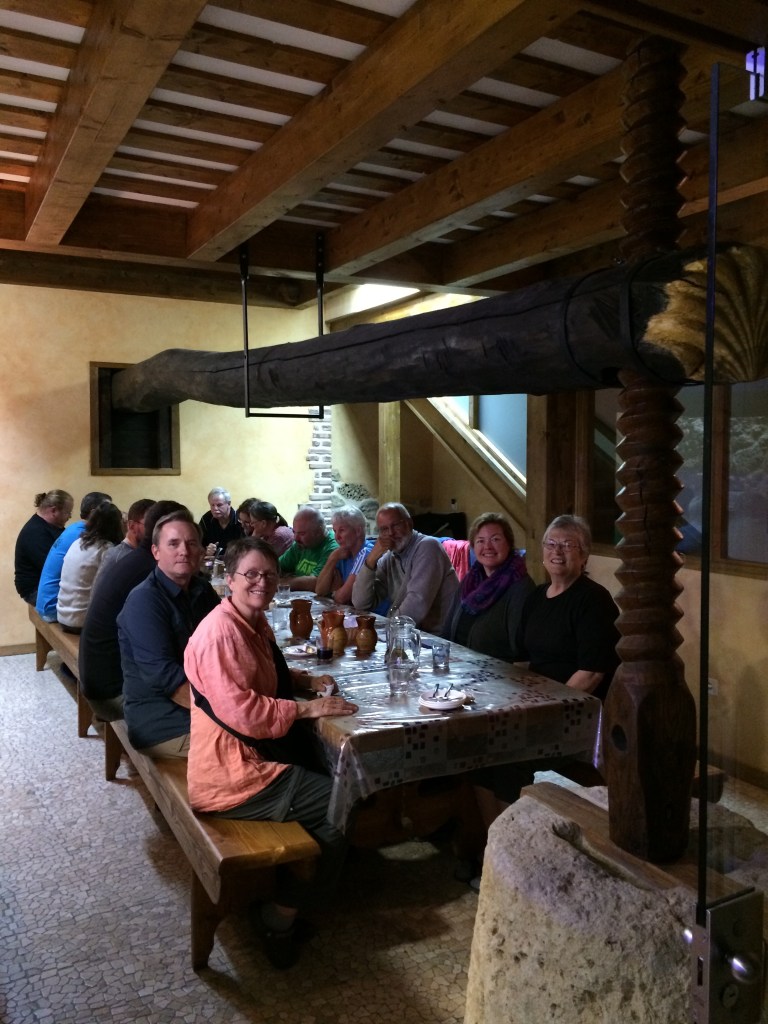

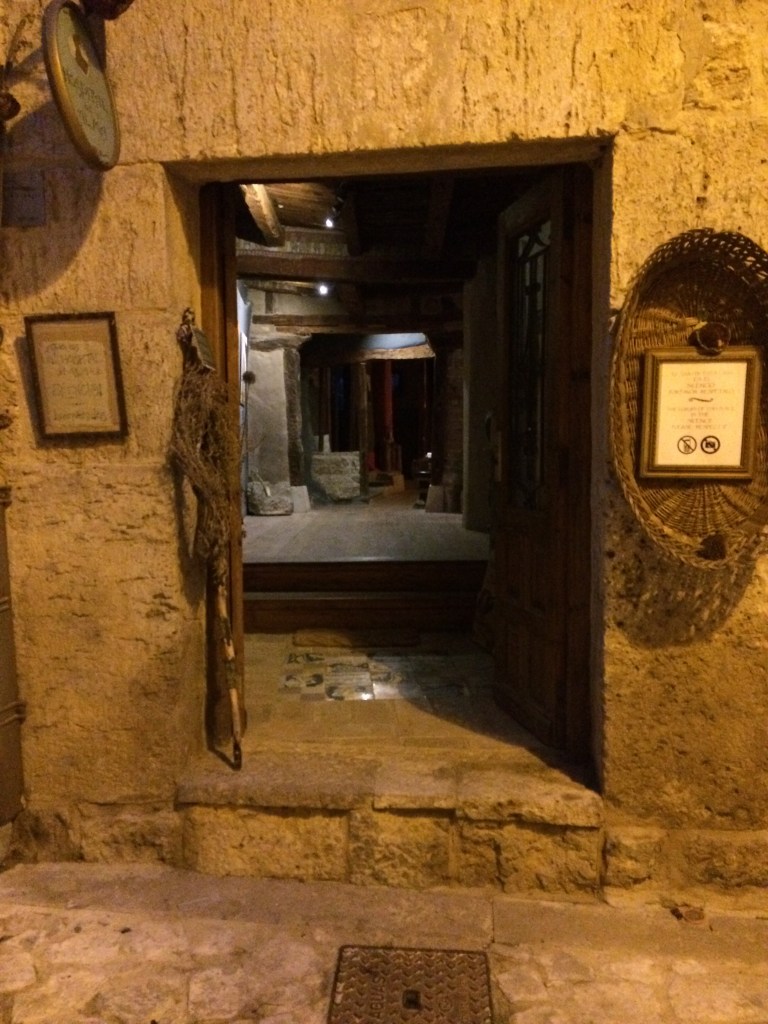
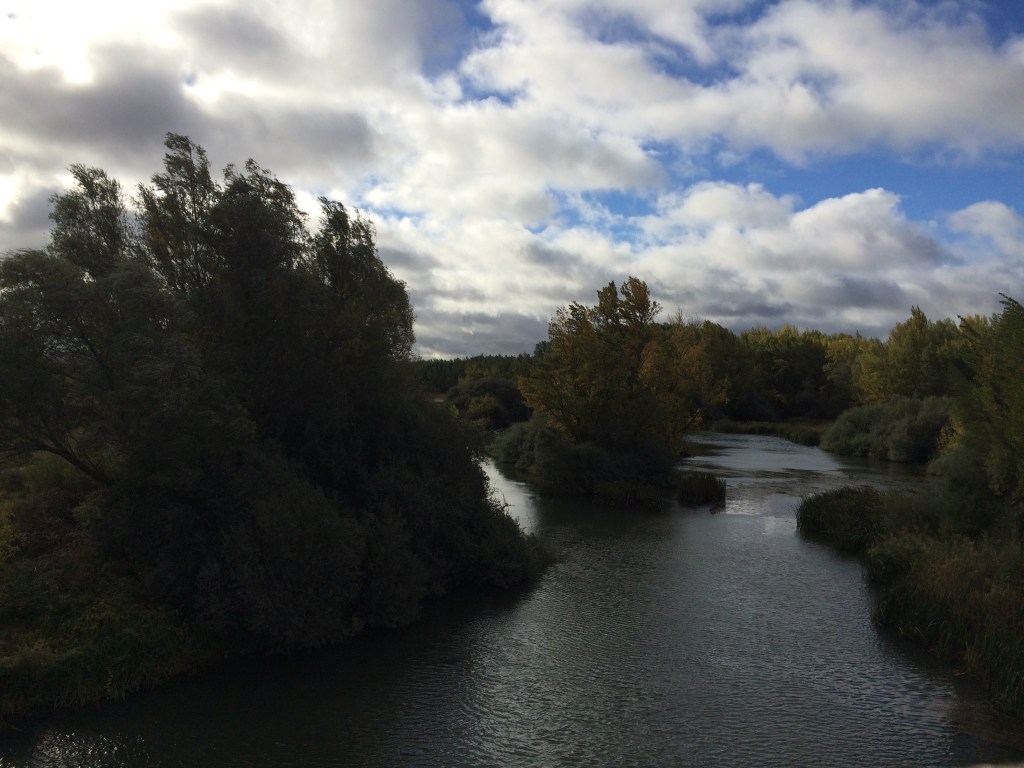




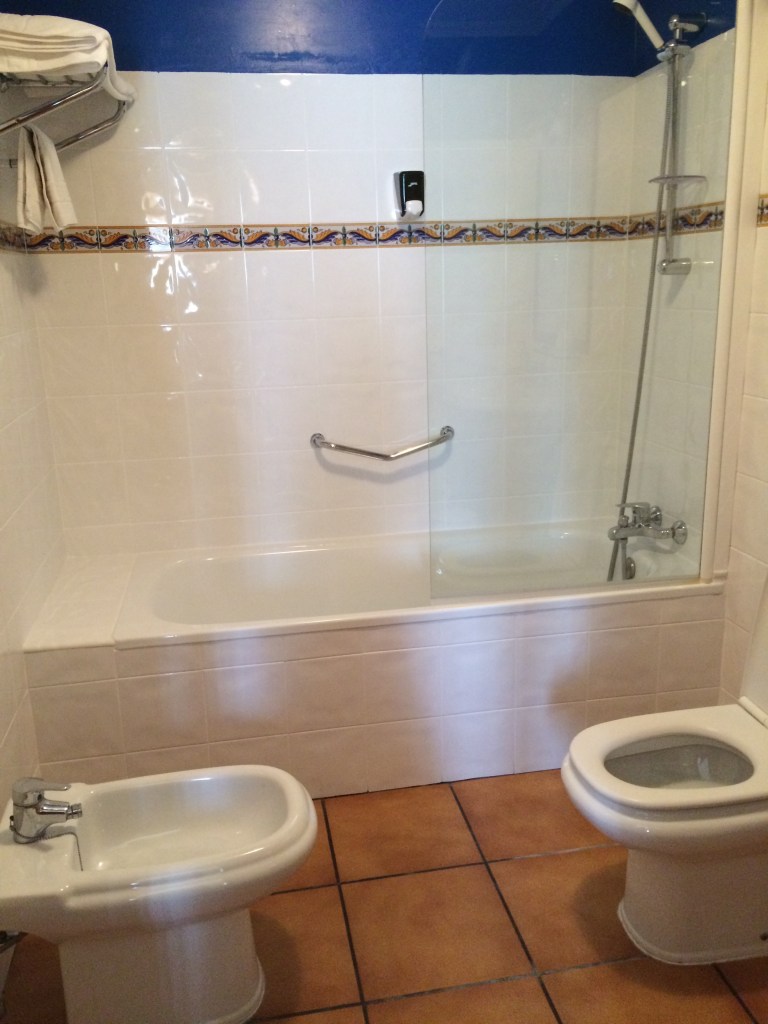

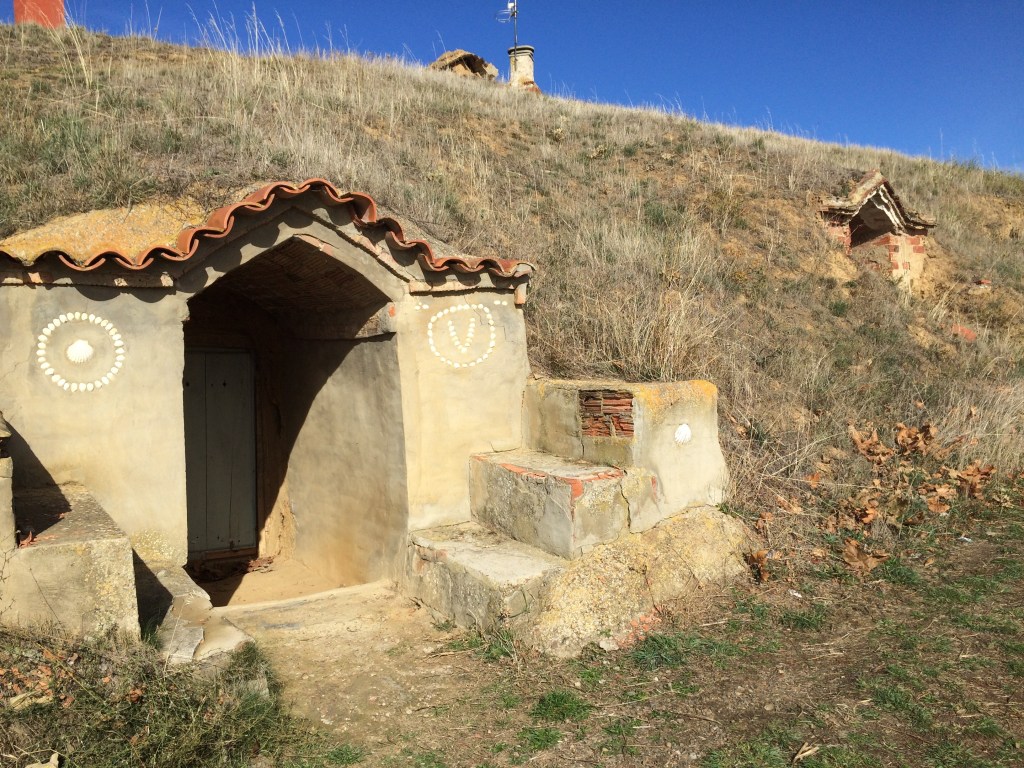
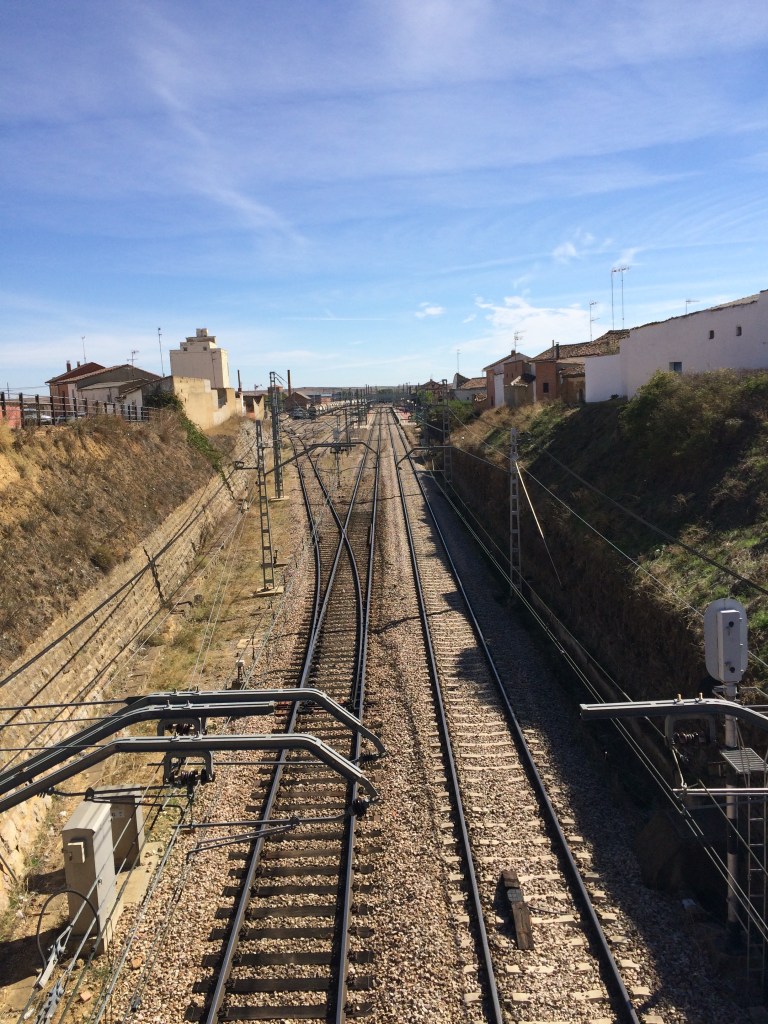

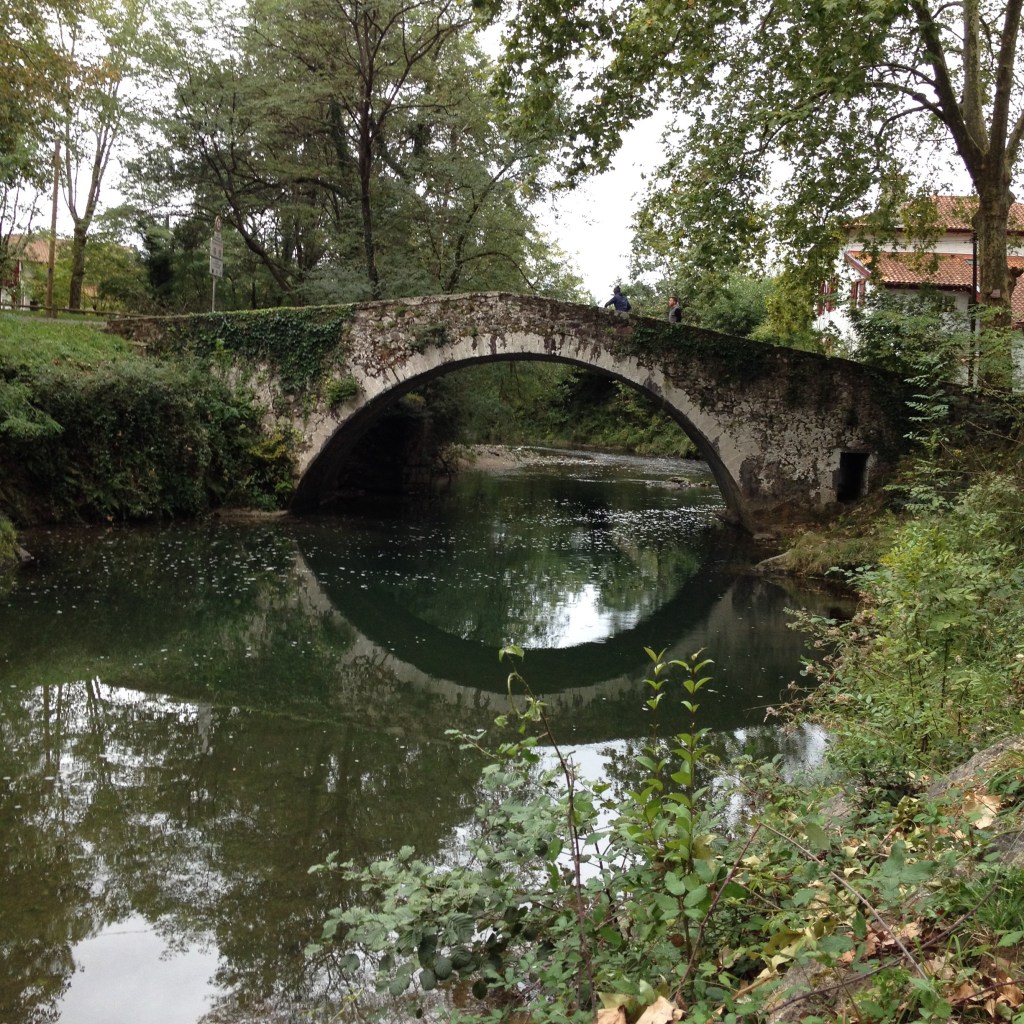



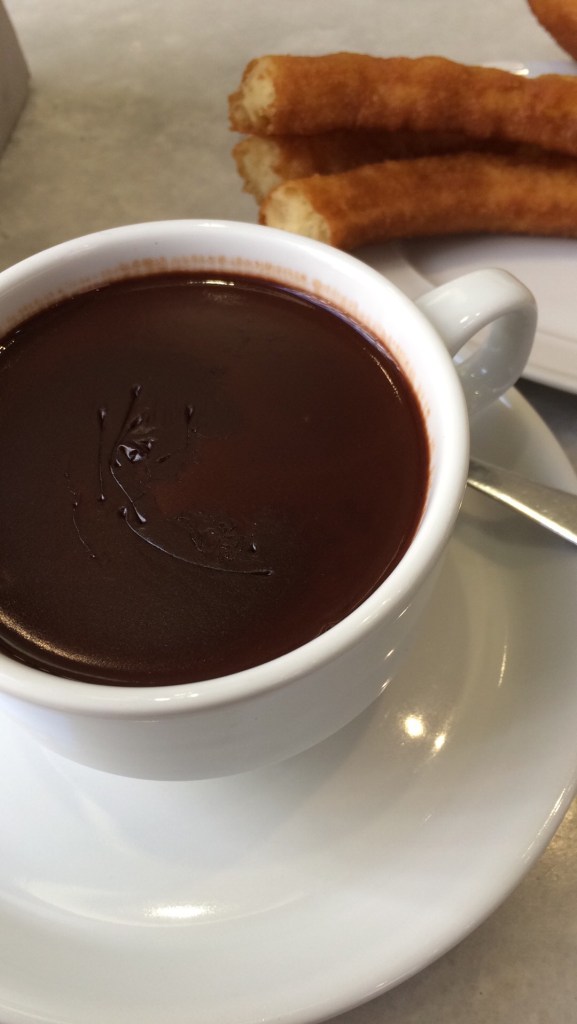
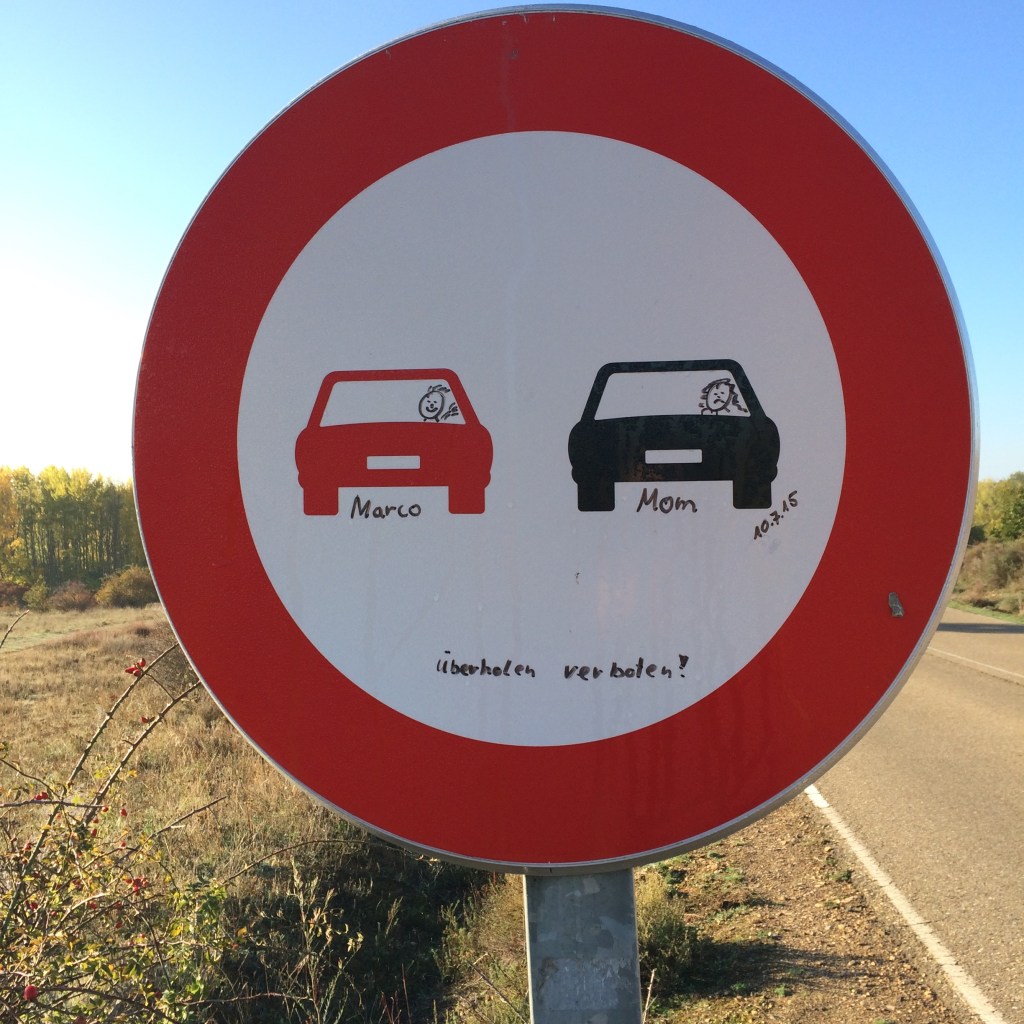


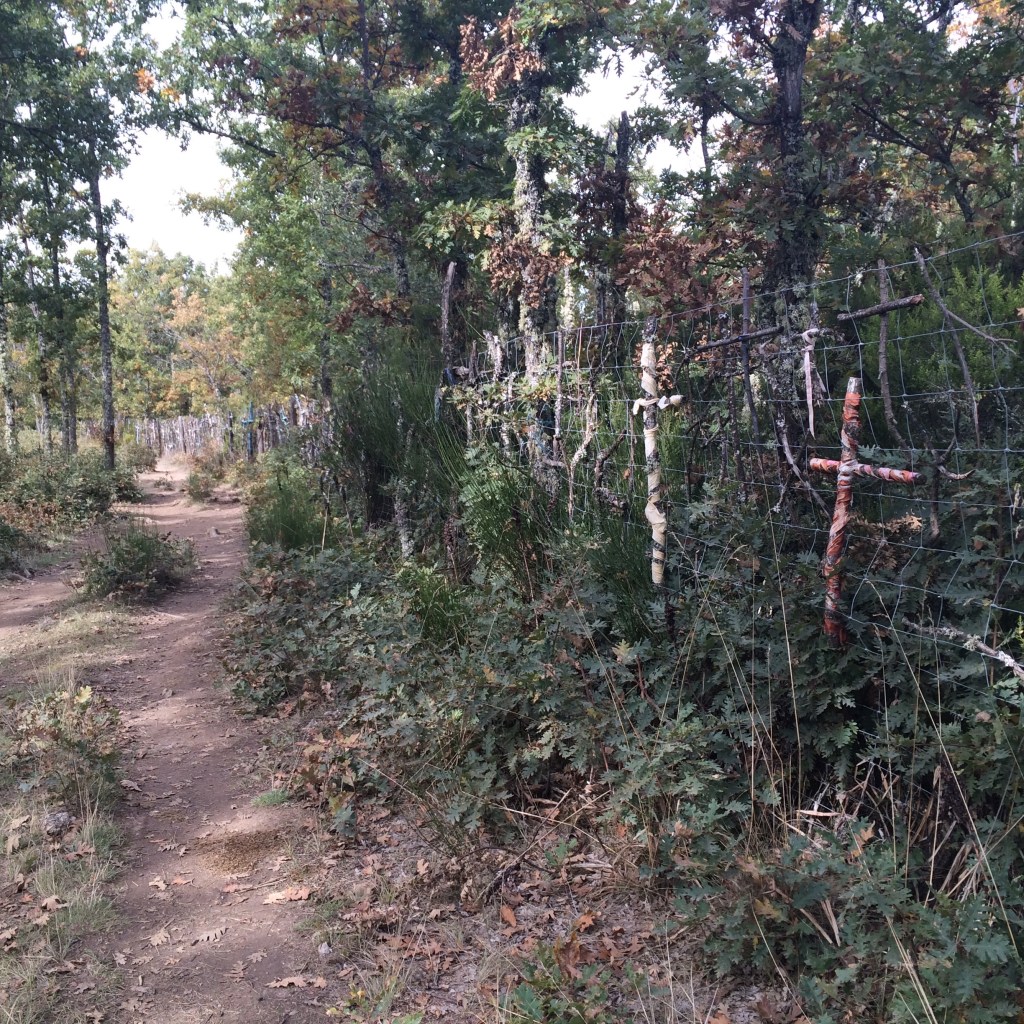


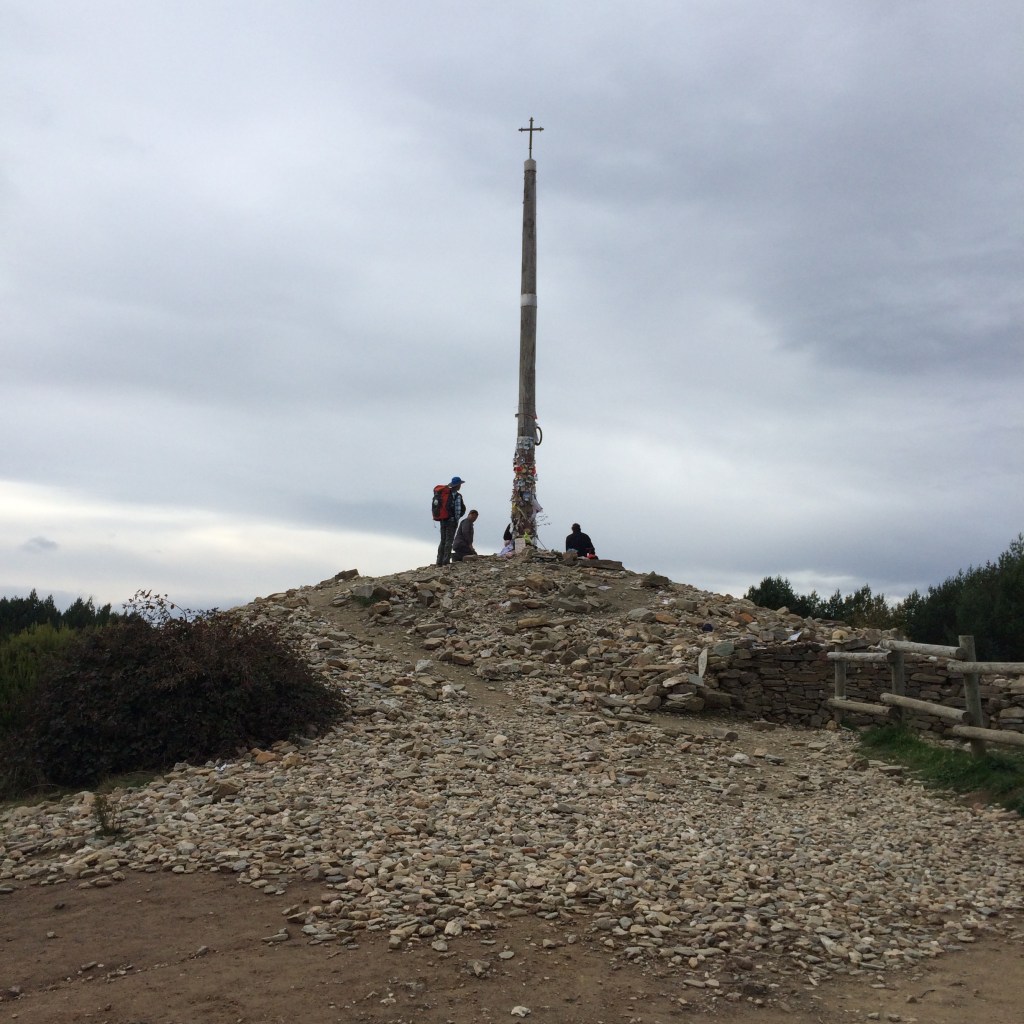


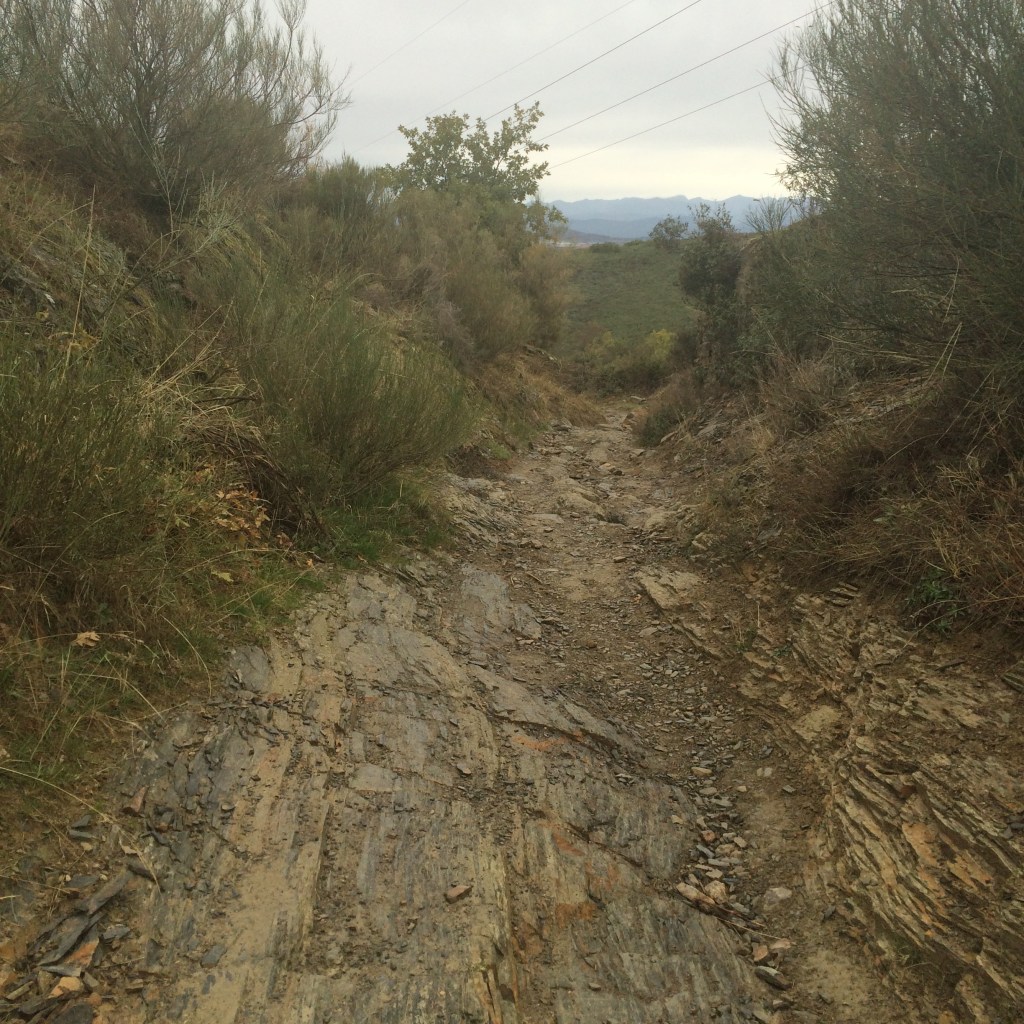

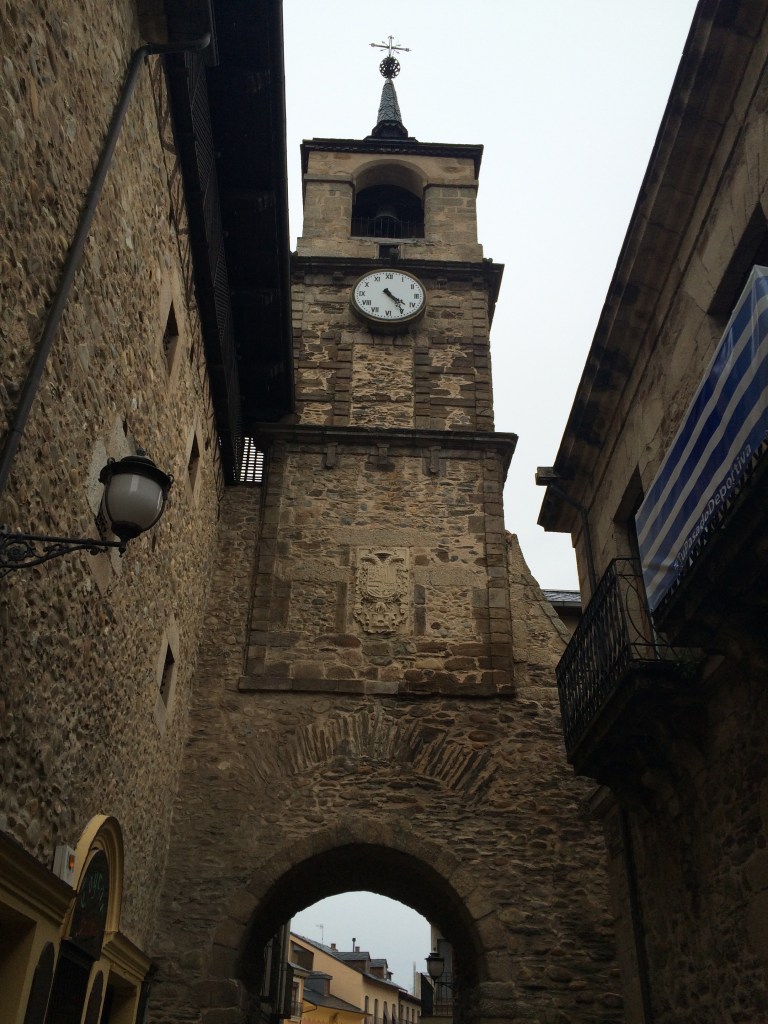


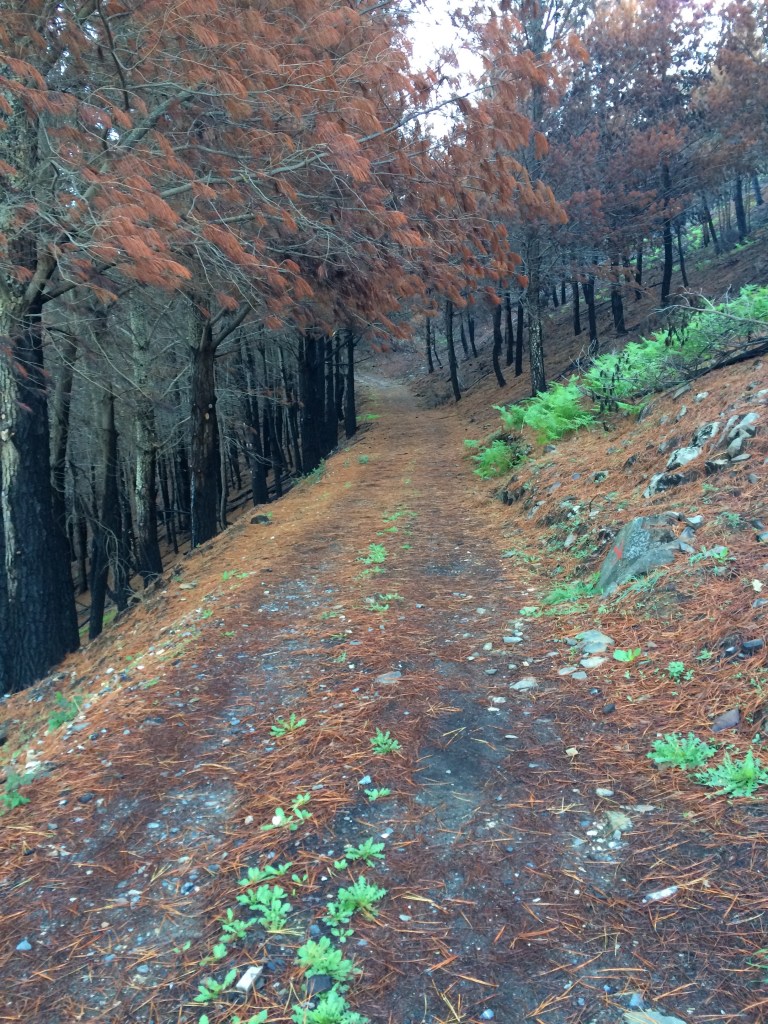
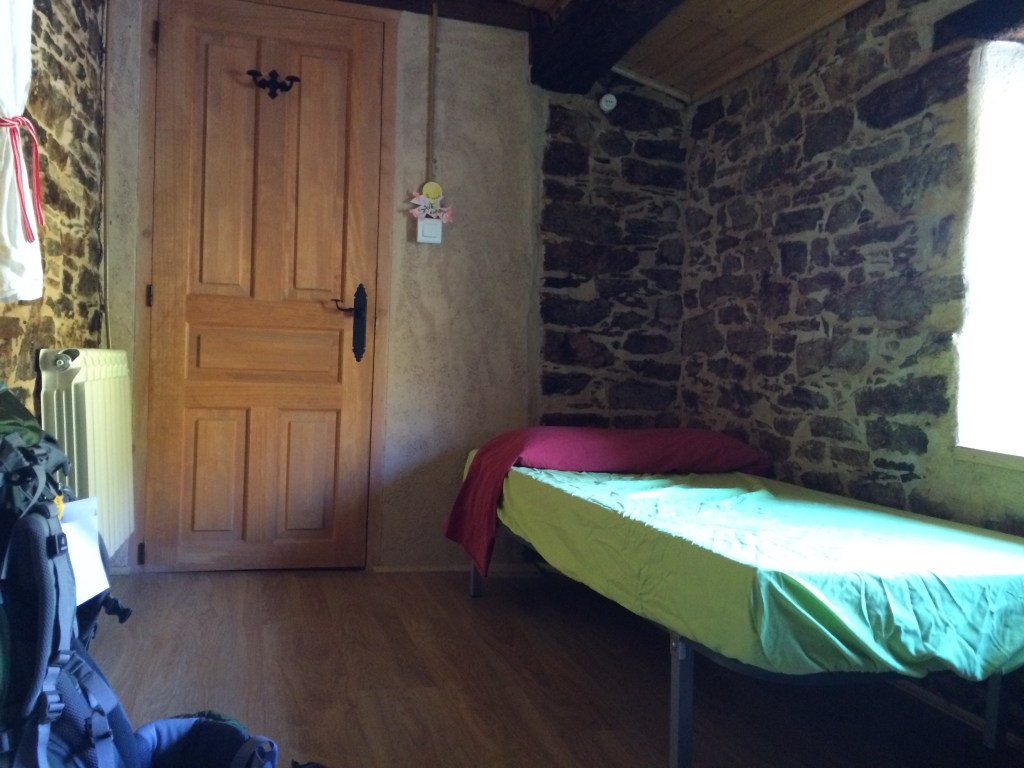

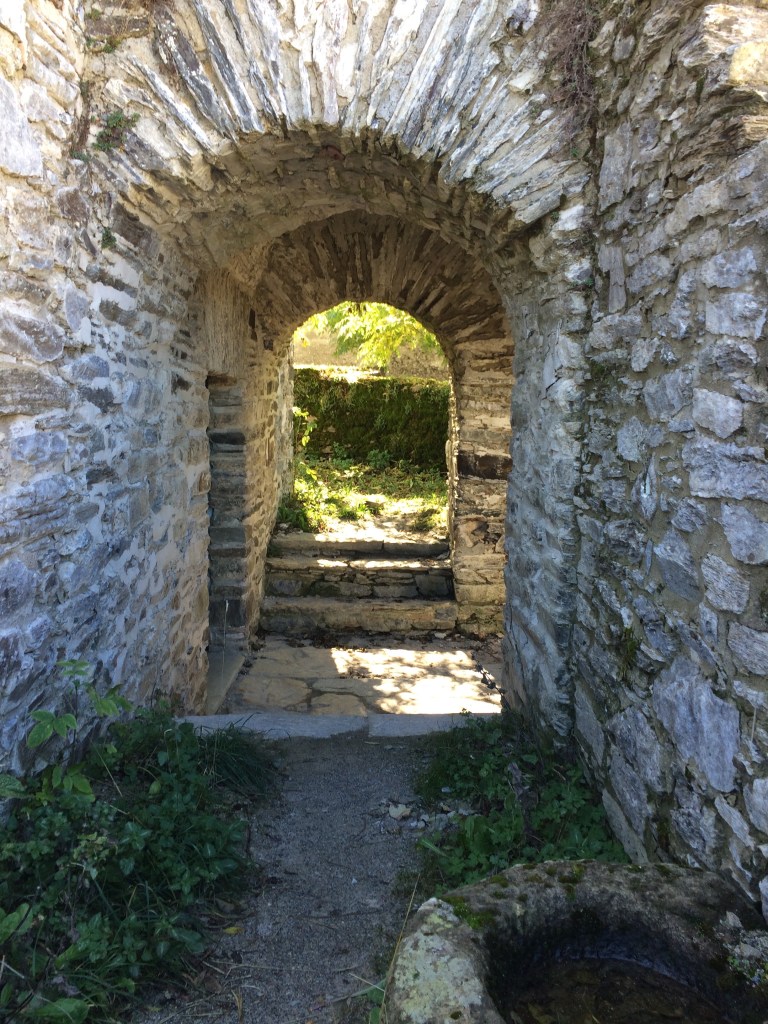


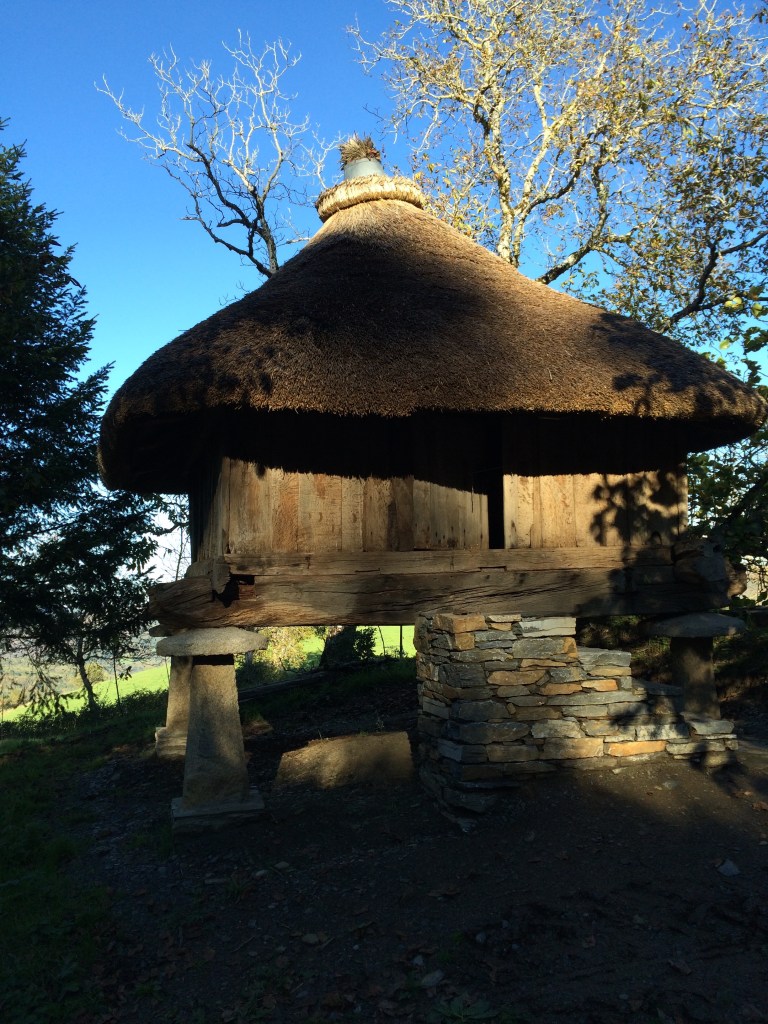
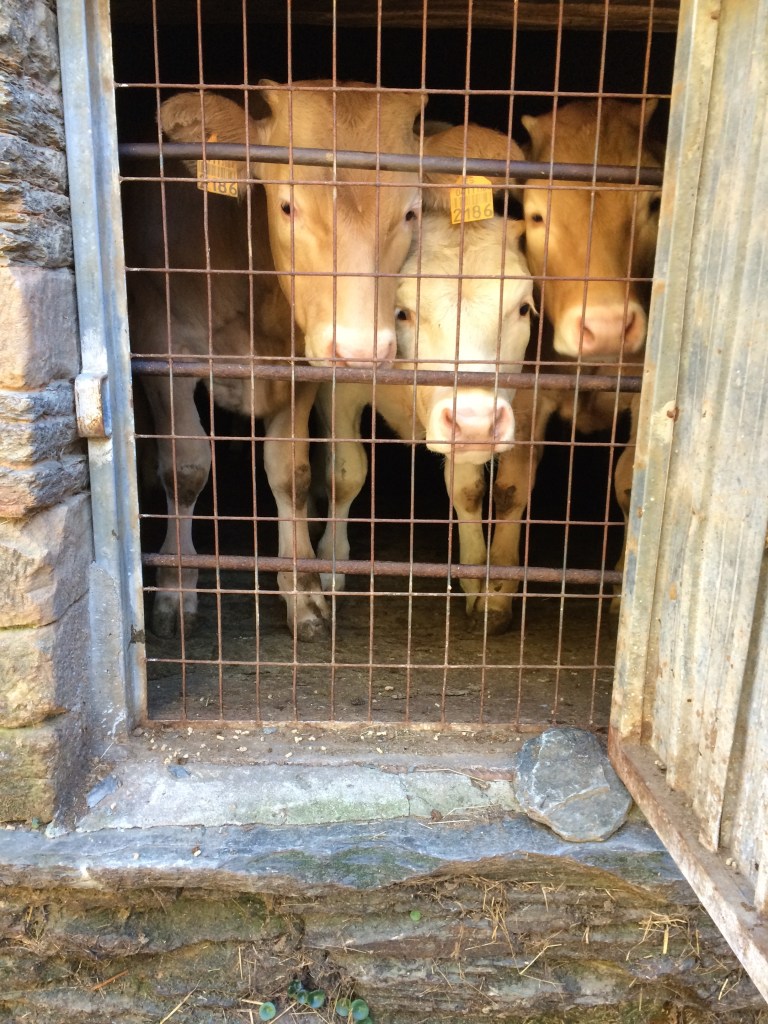


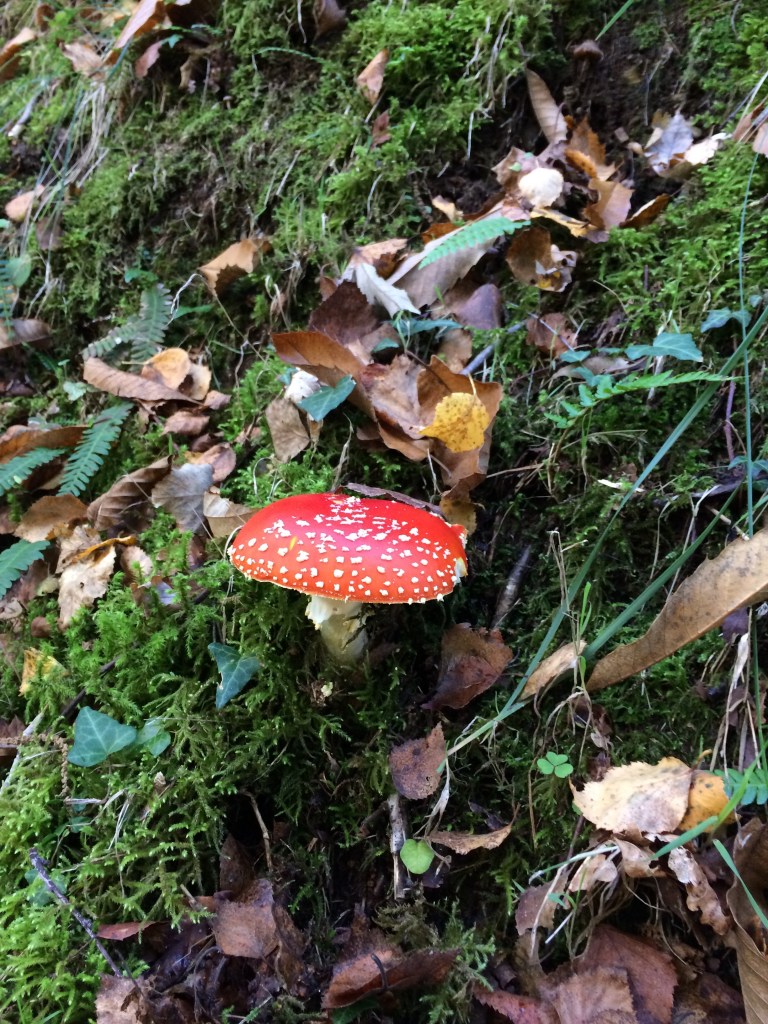



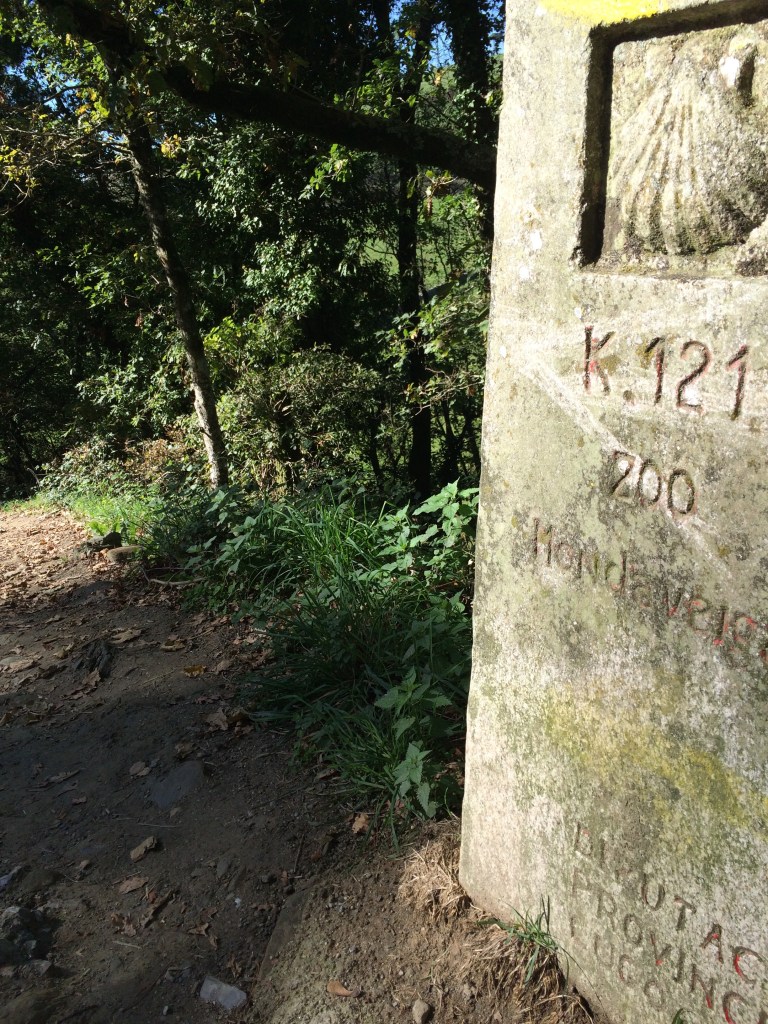


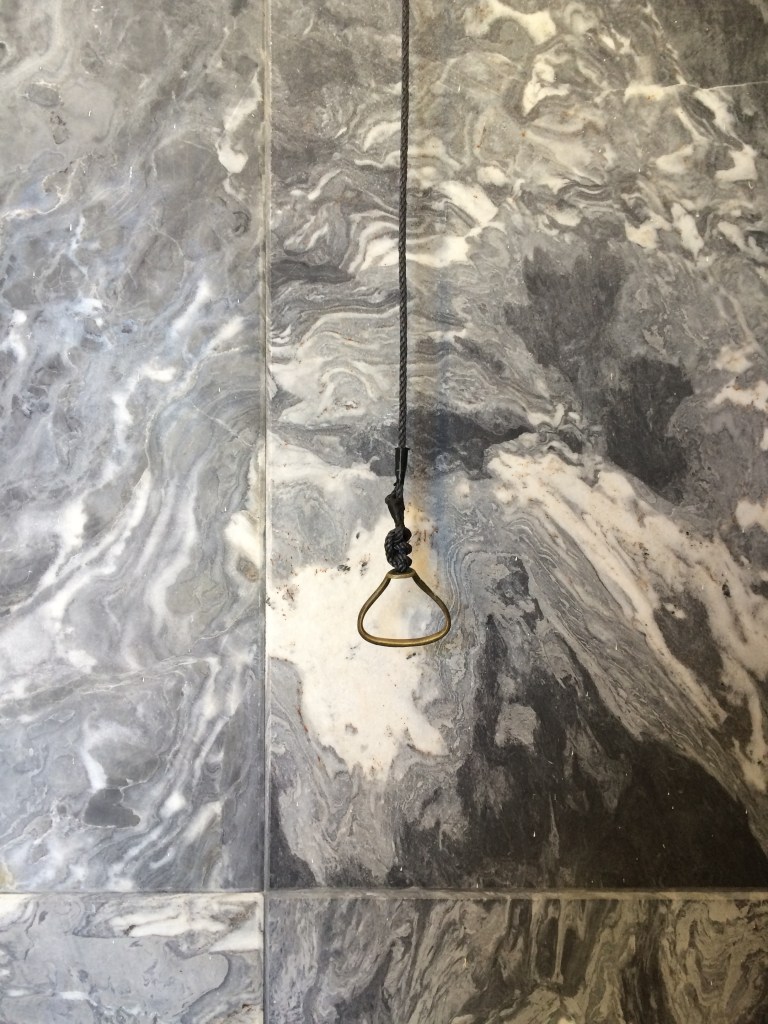

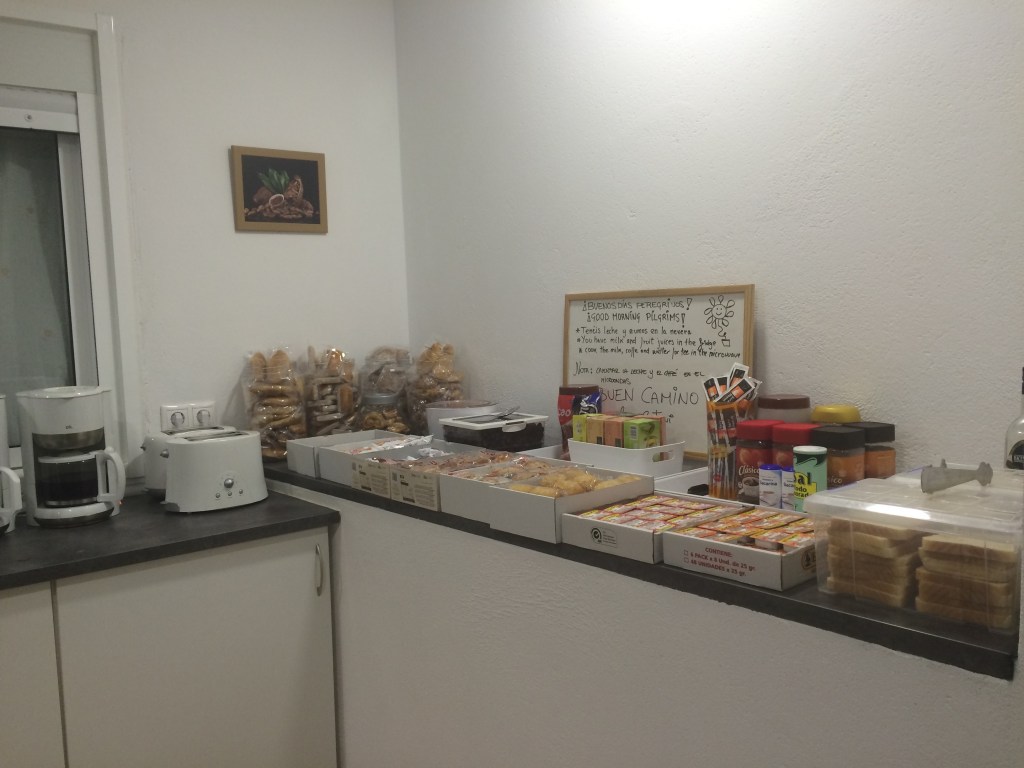
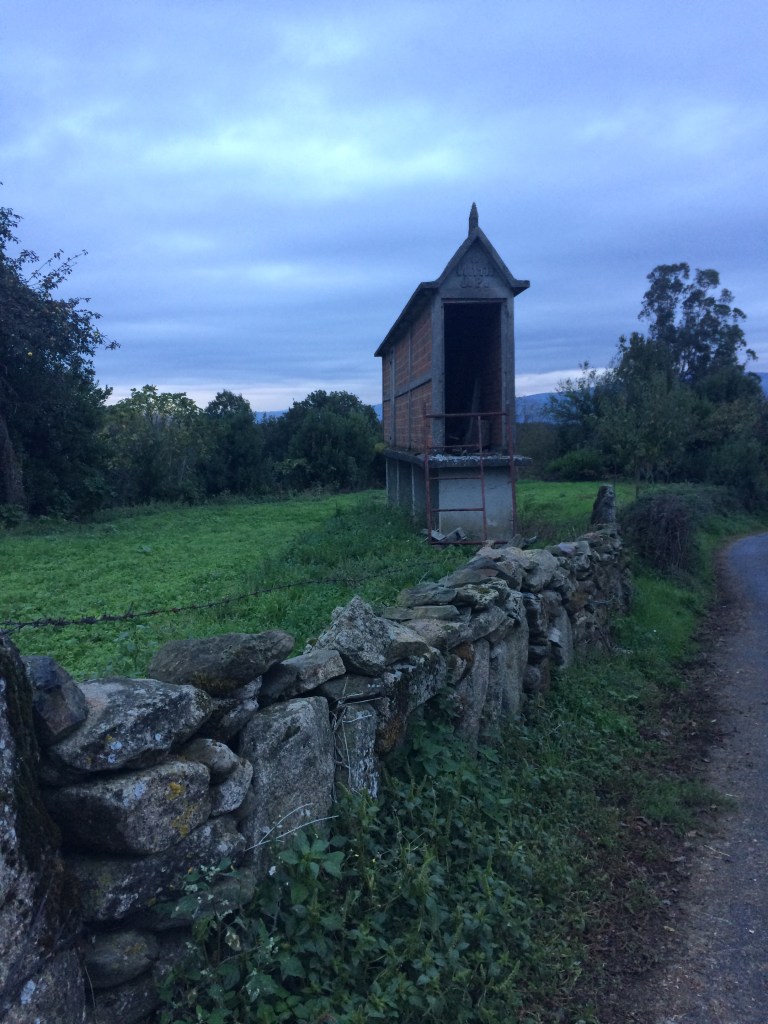



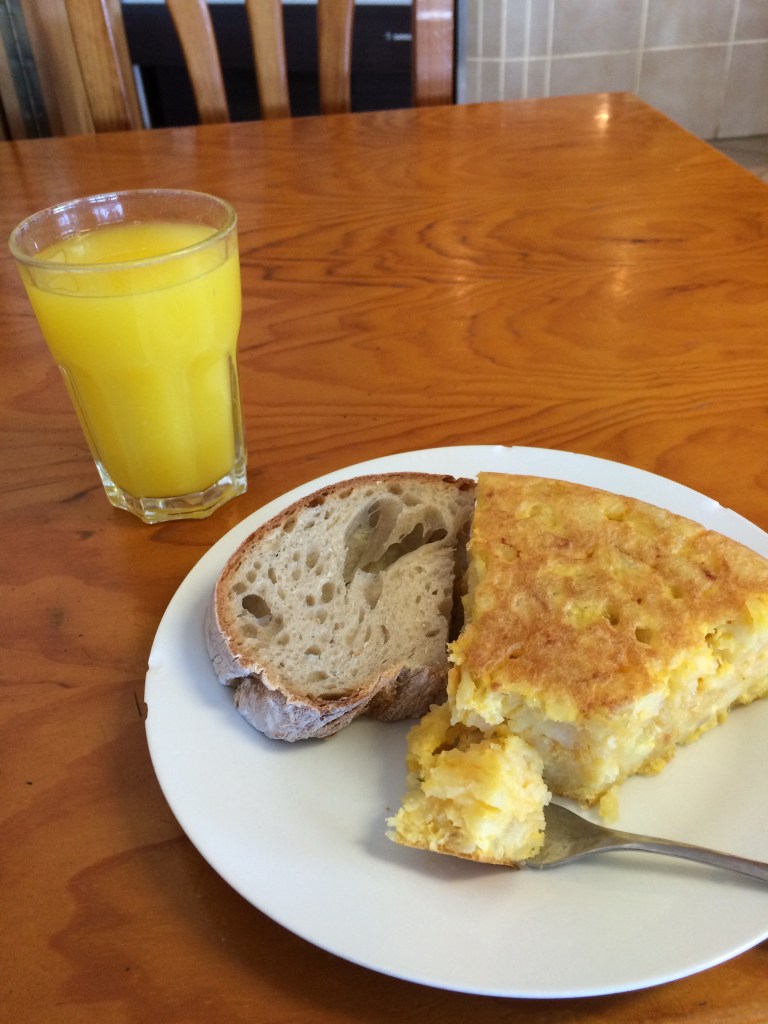


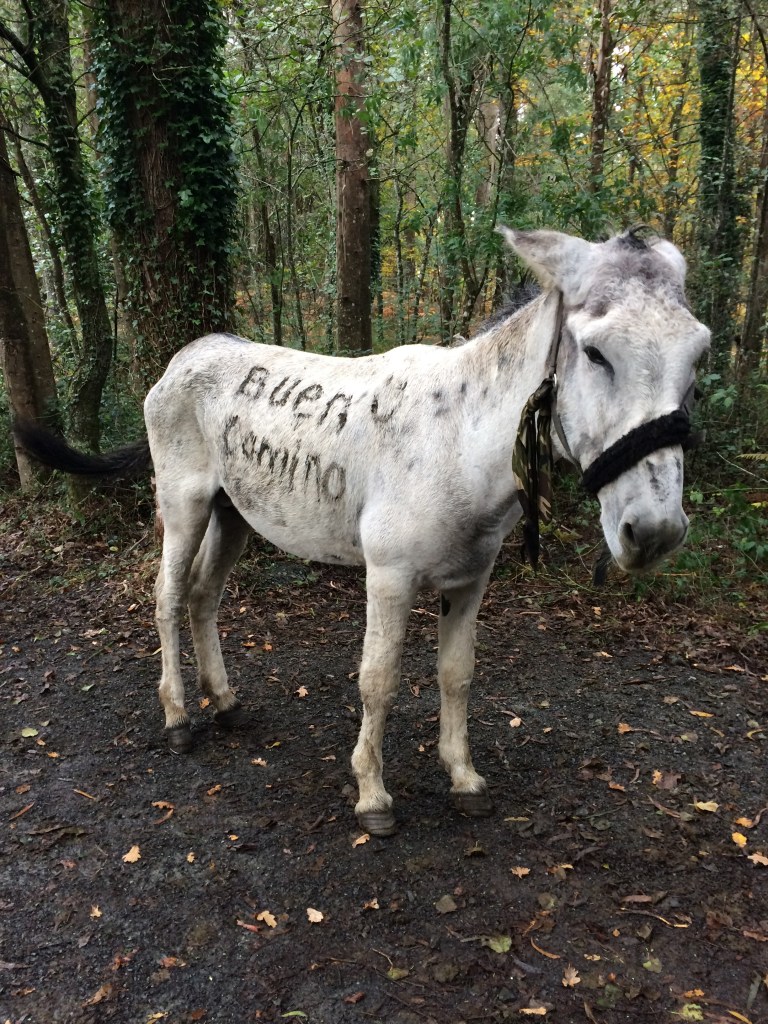
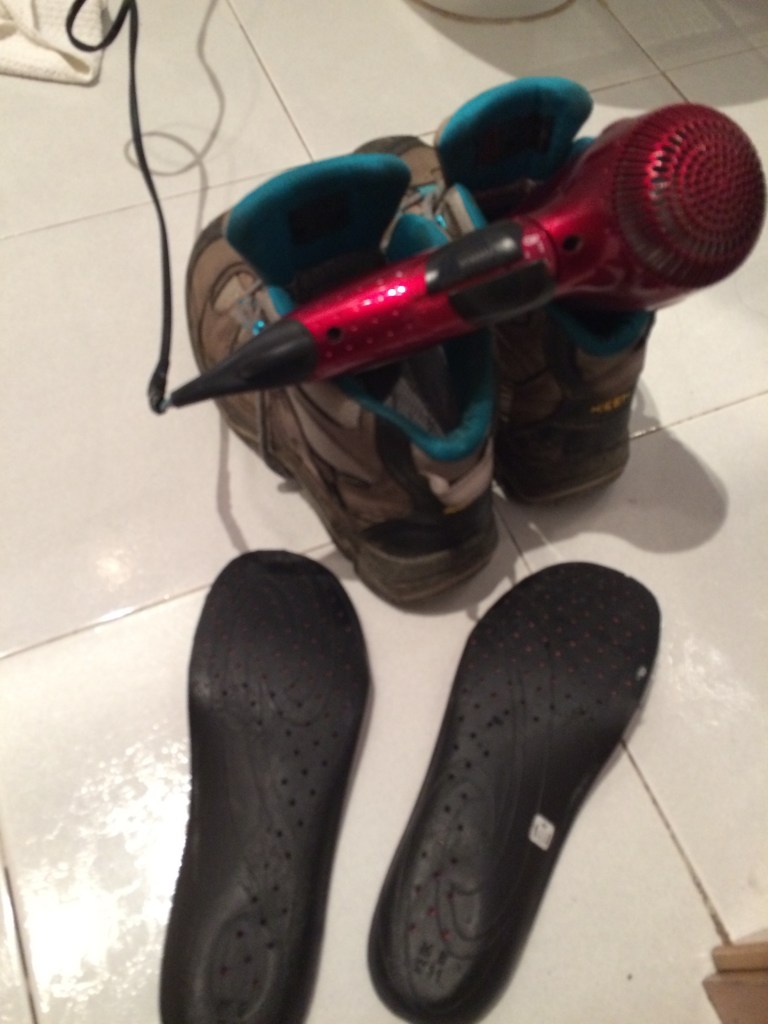



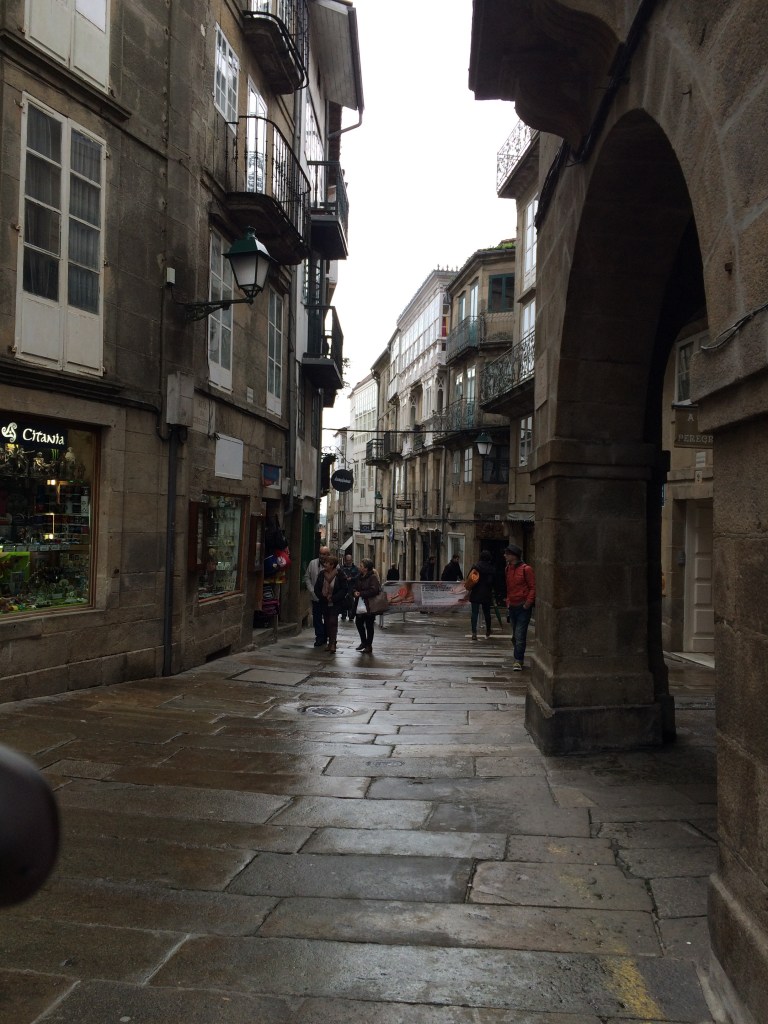

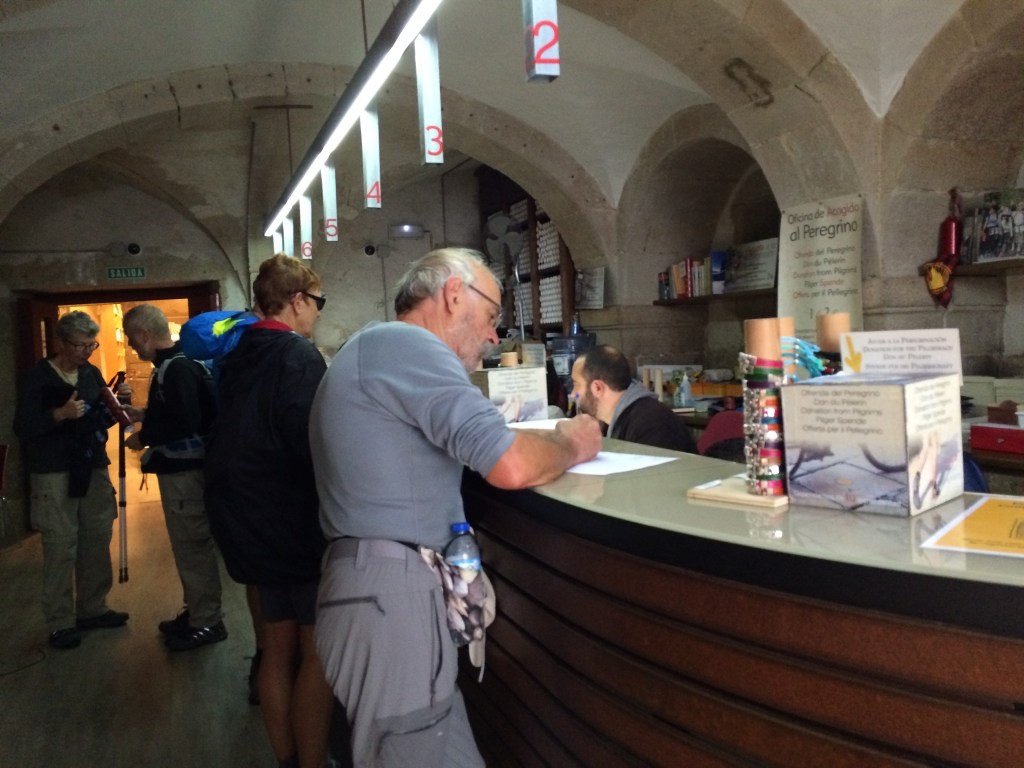



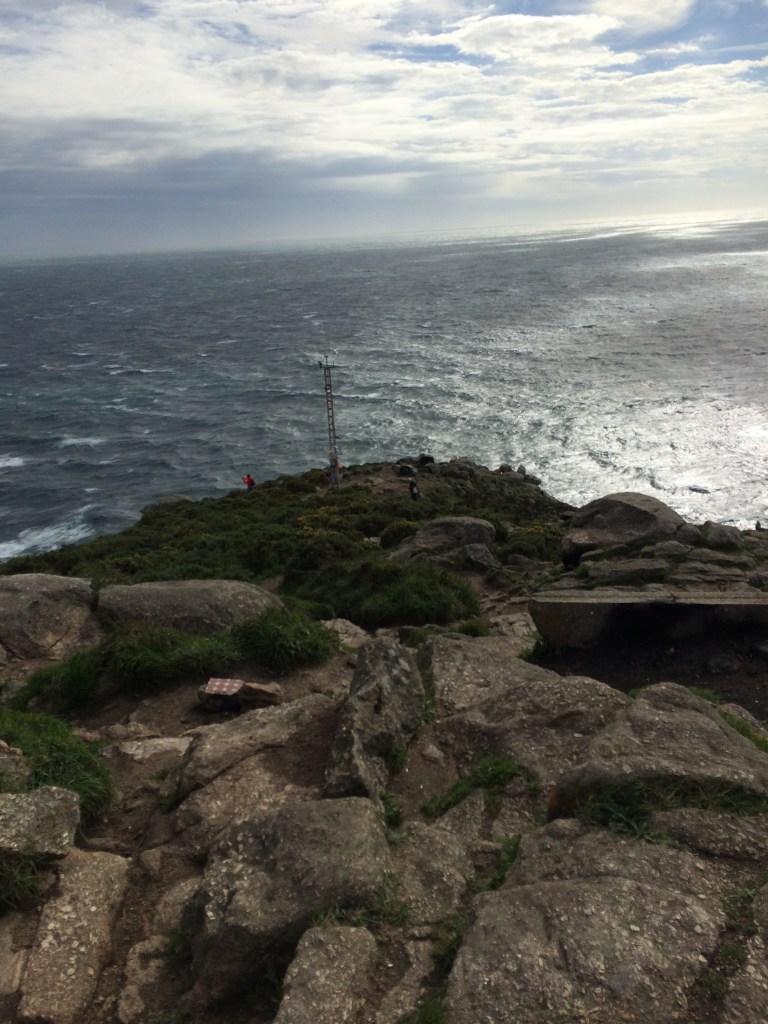


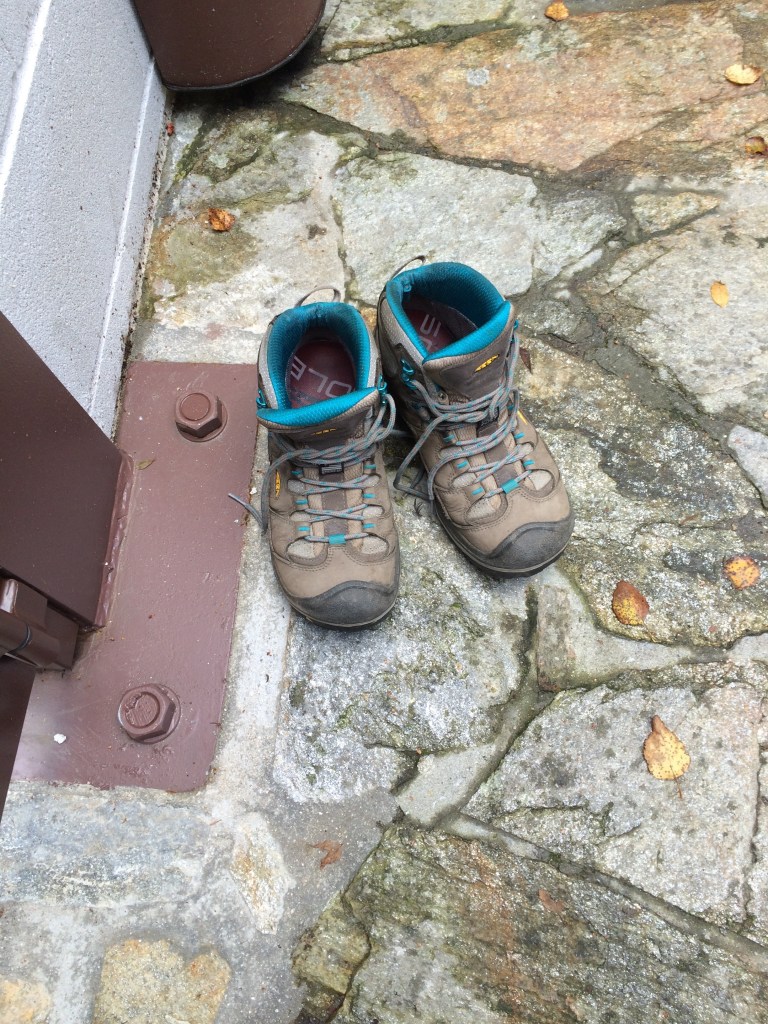





























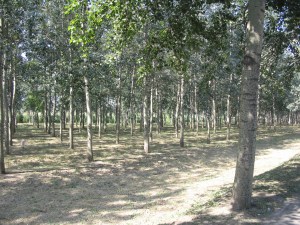




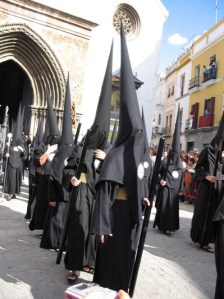




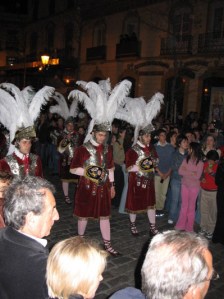
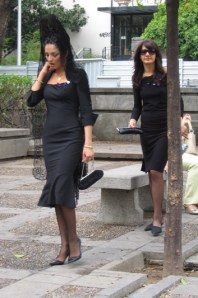




You must be logged in to post a comment.